Table of Contents
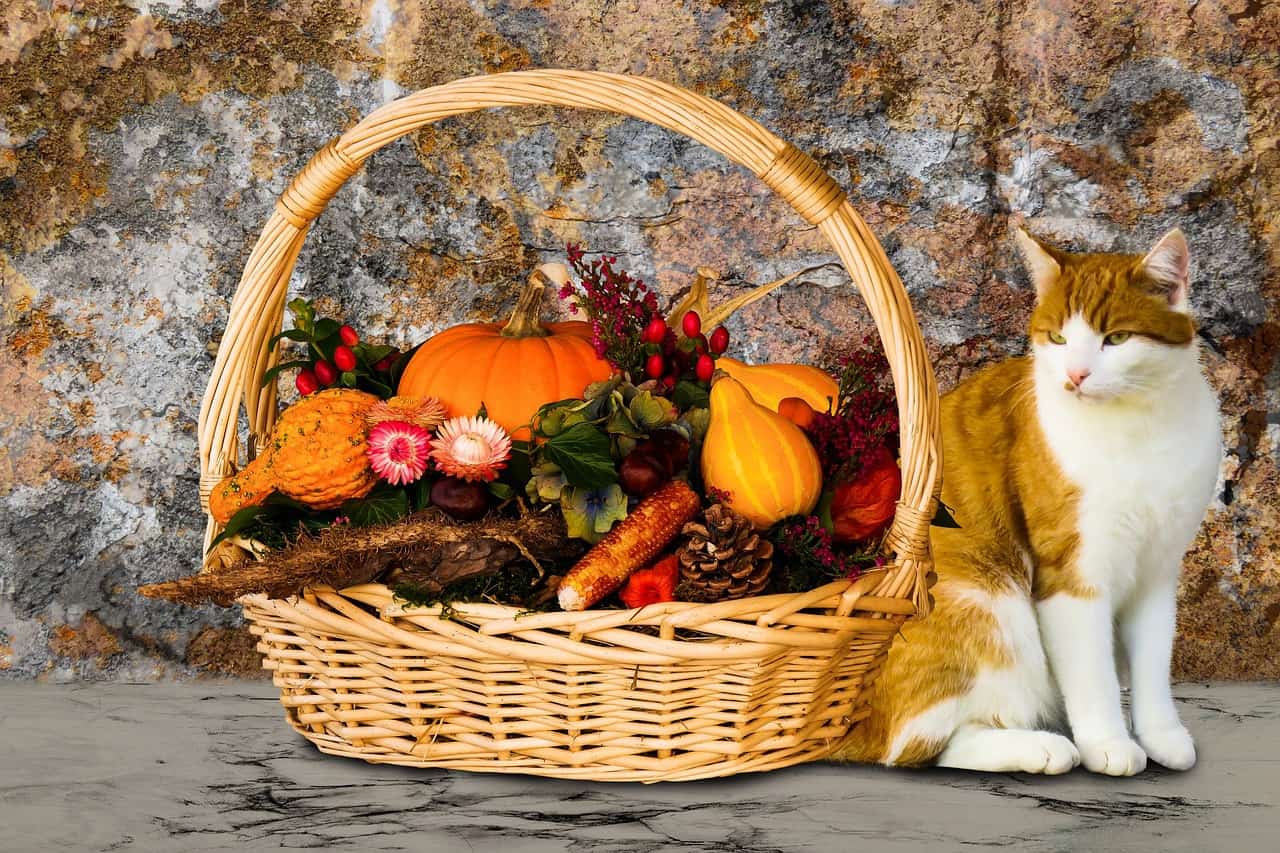
When it comes to what cats can eat the lists of foods that are safe and unsafe for cats is alarmingly long. Cats are carnivores by nature and need meat in their diets, however, as with most foods everything should be given in moderation and should form part of a balanced diet. Many human foods are not safe for cats to eat and should be avoided, but some may be included in your cat’s diet in small amounts. That’s why it is important to know what can cats eat and learn that some human foods are toxic to cats and ingesting certain foods could be fatal for cats.
Before we take a look at certain human foods and whether or not they are good and safe for cats lets clear the air regarding some food myths starting with milk and cream. Cats love milk and cream and the high volume of fat in milk can be good for your cat. Many people when thinking of cats immediately picture them lapping up a bowl of milk and therefore it is immediately associated with cats and accepted as safe for cats. Some cat owners go out of their way to treat their cats with milk and cream on a regular basis.
However, the truth of the matter is that milk and cream could be dangerous for your cat. The processed milk that we buy today is very low in fat, cats still love the taste of it, but it is very difficult for them to digest. Kittens are able to digest lactose which is the main sugar in milk and it is a valuable source of energy. Once kittens are weaned the enzyme in the gut, lactase, that helps them digest lactose disappears. This means that when an adult cat drinks milk the lactose will lie in its gut and because it can’t digest it the lactose could ferment in the stomach causing diarrhea and vomiting.
Other myths are those dry cat foods and wet cat foods, this is debatable and will probably depend on who you ask. Both have pros and cons and should be included in your cat’s diet. It is not recommended to choose one over the other and eliminating one from your cat’s diet entirely. A healthy cat needs both in its diet as each one contributes to a healthy gut, fur, teeth, and bones. Adding to that, you could also think about other foods that help treat specific cat conditions such as hypoallergenic cat food or cat food for hairball control. Regardless, you should still think of careful considerations before giving any kind of foods for your cat.
Can cats eat chocolate?

Chocolate can be fatal to cats and should be avoided. As cats cannot taste sweetness most cats will not eat chocolate, however, they could be convinced to eat it by their owners who are unaware of the danger. Theobromine is a diuretic, a vasodilator, and a heart stimulator and is found in all types of chocolate. It is the theobromine that makes the chocolate so lethal for cats. The darker the chocolate the more dangerous it is. If your cat licks some chocolate it is no cause for worry but too much chocolate could cause tremors, abnormal heart rhythm, seizures, and possibly death.
Can cats eat peanut butter?
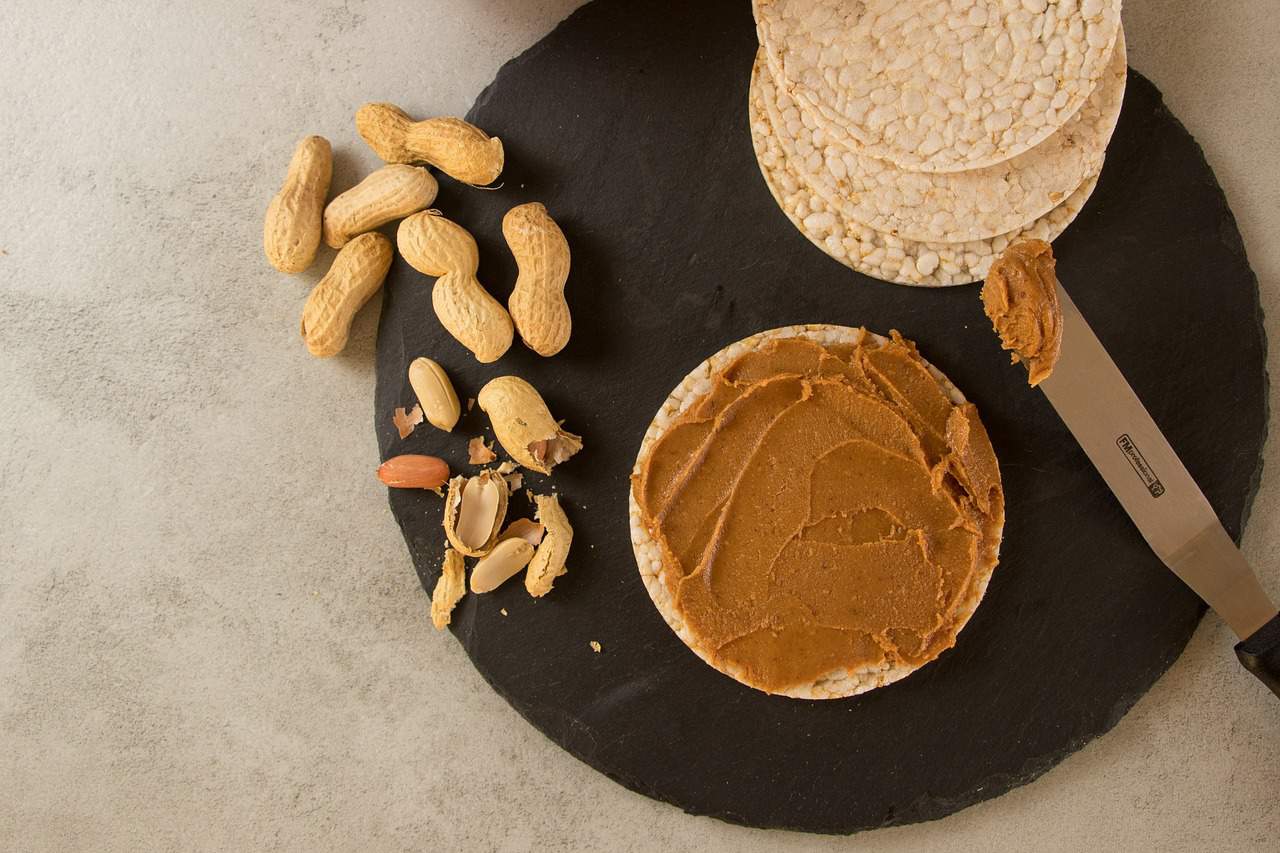
While peanut butter isn’t deadly to cats, it doesn’t mean that it should be included in their daily diet. Many cats enjoy the taste of peanut butter and it can be used to help them get pills and medication down. Hiding a pill in peanut butter will make it go down easier. Peanut butter contains high amounts of fats and carbohydrates which when given regularly. The stickiness of peanut butter can also be a choking hazard and because cats battle to digest human food too much of it could give your cat an upset stomach or cause vomiting.
Can cats eat cheese?
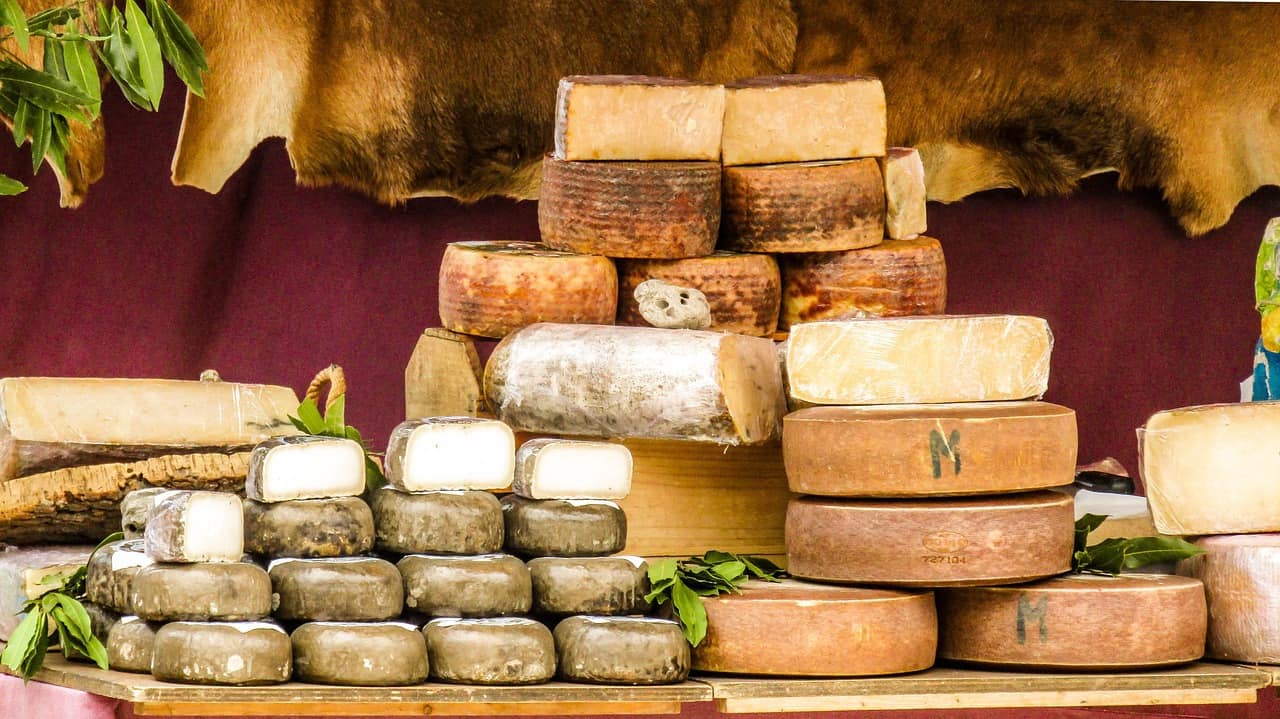
Most cats do love cheese, but that does not mean that they should eat it. There is nothing in cheese that cats need to be healthy so rather avoid it. It is not dangerous or lethal for cats, however, most cats are lactose intolerant and don’t process lactose very well. Too much cheese could give your cat diarrhea. If your cat really loves cheese a small amount as a treat occasionally won’t harm him but you need to control the cheese intake and only give in moderation.
Can cats eat bananas?
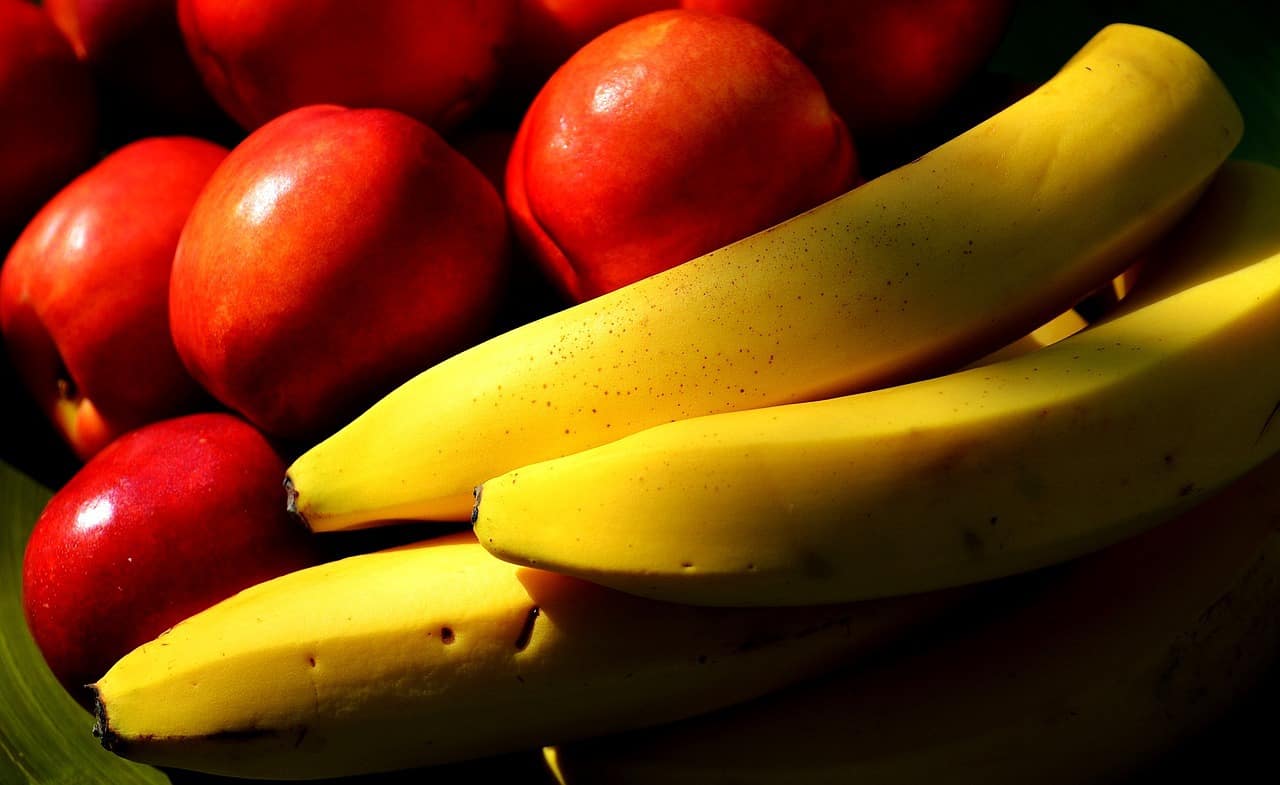
Bananas are not an appropriate food for cats and they have no nutritious value for cats. Even though bananas are high in fiber, cats don’t need much fiber in their diet. Bananas are in no way toxic to cats so if your kitty loves to nibble on a banana every now and then there is no harm in that, although, he will be better off with a snack that is higher in protein and nutrients.
Can cats eat dog food?
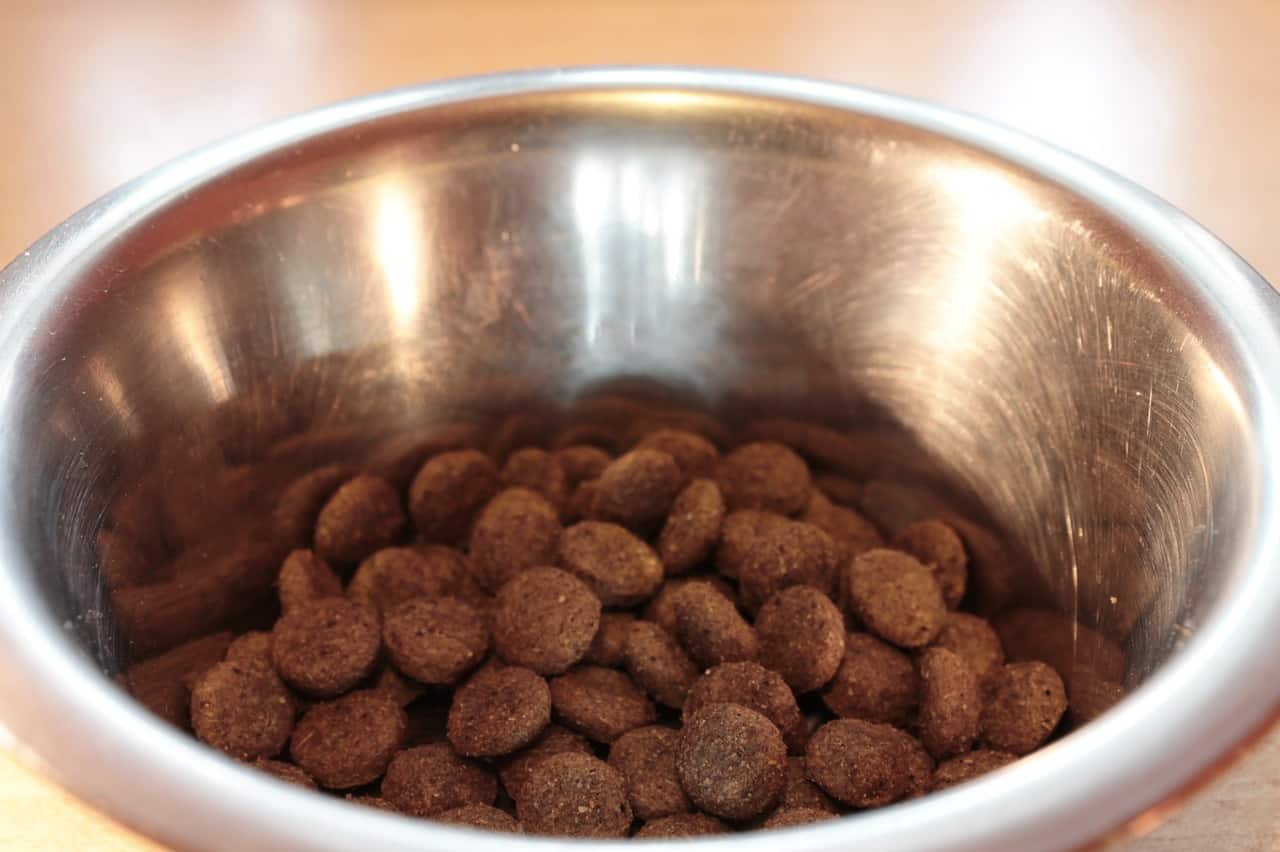
Dog food is specially formulated for dogs and their dietary needs and dogs and cats have different dietary needs. Will your cat die if it occasionally eats dog food? The answer is no, however, you cannot substitute your cat’s food with dog food. Taurine is an amino acid that contains Sulphur and it is important in the metabolism of fats. Dogs produce their own taurine, so their food is low in taurine. Cats do not produce enough taurine, so cat food has added taurine. Substituting a cat’s food with dog food will have negative effects on the cat and is not advised.
Can cats eat strawberries?
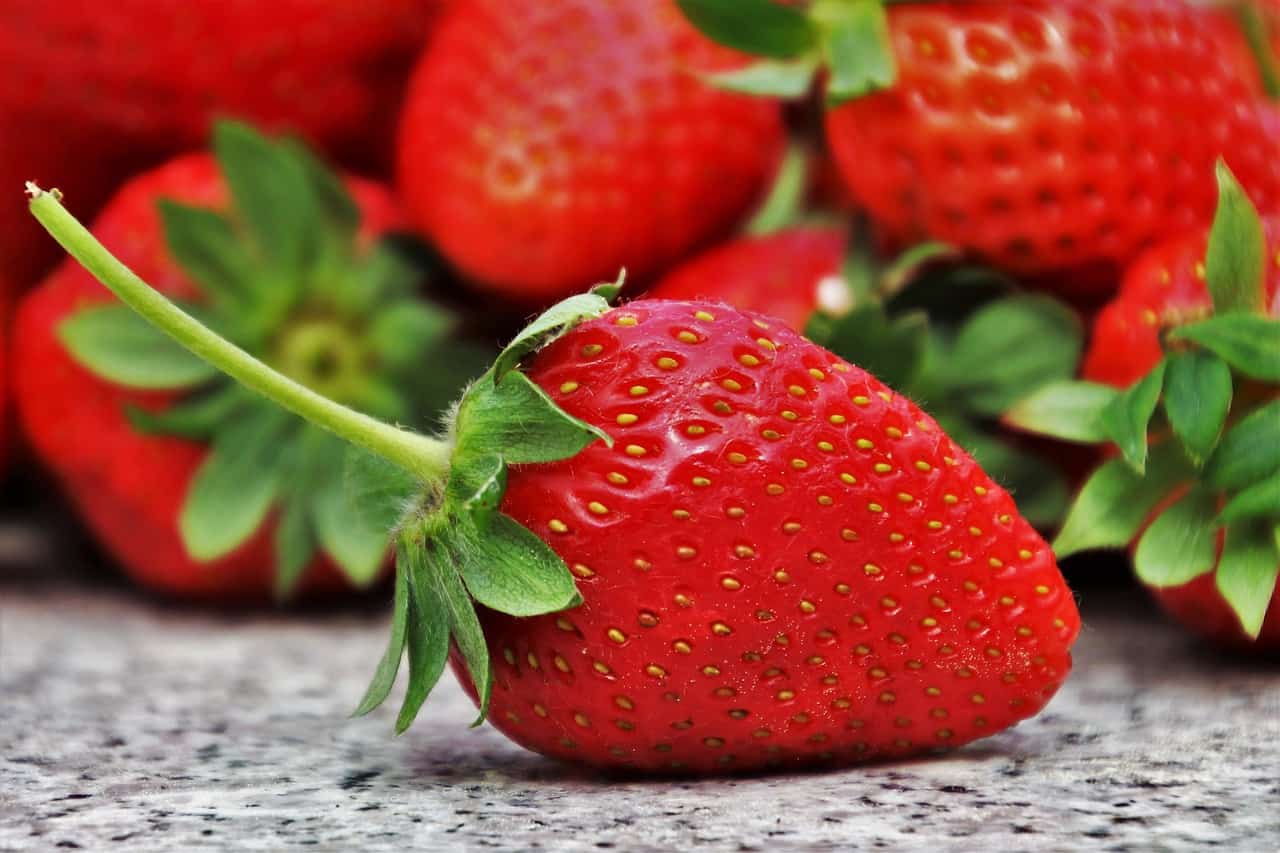
Strawberries are non-toxic to cats and can safely be eaten by cats, however, they hold no nutritious value to cats, so it would be better to offer your cat a more nutritious snack. The only thing that a cat may benefit from is the anti-oxidant properties of the strawberry. Strawberries are very high in sugar, so your cat’s stomach could get upset if it snacks on too much strawberry. If your cat enjoys strawberry only give it in moderation.
Can cats eat apples?
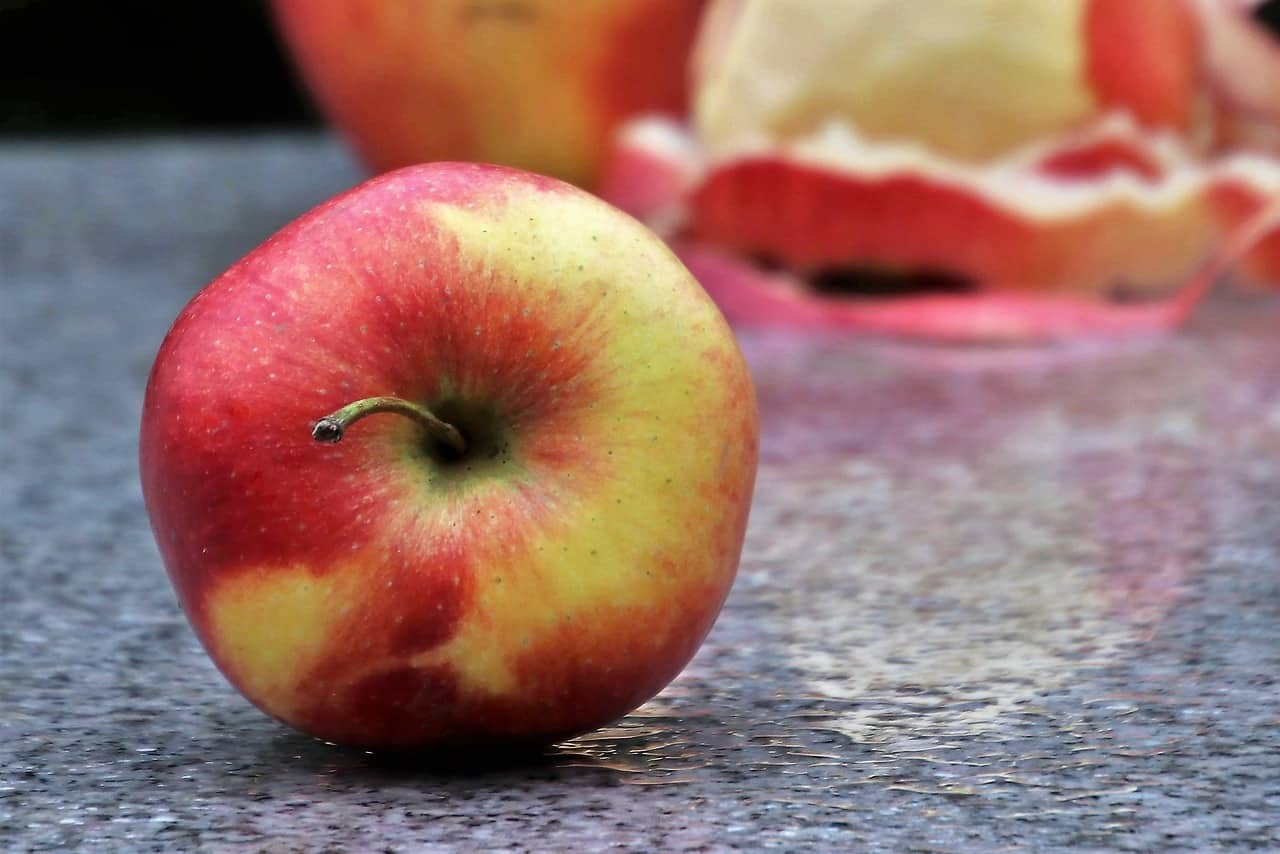
Yes, cats can eat apples. The important thing to remember when feeding your cat apples is to always clean it thoroughly. Remove the peel and always remove the seeds and core. The apple seeds contain cyanide, which can be extremely harmful to your cat and an apple core can end up poisoning your cat. This does not make them all bad though, apples contain many vitamins and nutrients, like calcium, pectin, vitamin C, and vitamin K that are all good for your cat.
Can cats eat bread?

Cats can be given a few small pieces of bread occasionally as a snack, but it should not form a regular part of their daily diet. Bread has no nutritional value to cats. Cats are able to digest baked bread and when given as a snack should be given plain with no spreads on it. Baked bread has no value to a cat and is harmless, however unbaked bread dough could be fatal to your cat. Bread dough can rise rapidly in a cat’s stomach and cause many issues. A cat that has eaten bread dough should be taken to the vet as soon as possible.
Can cats eat grapes?
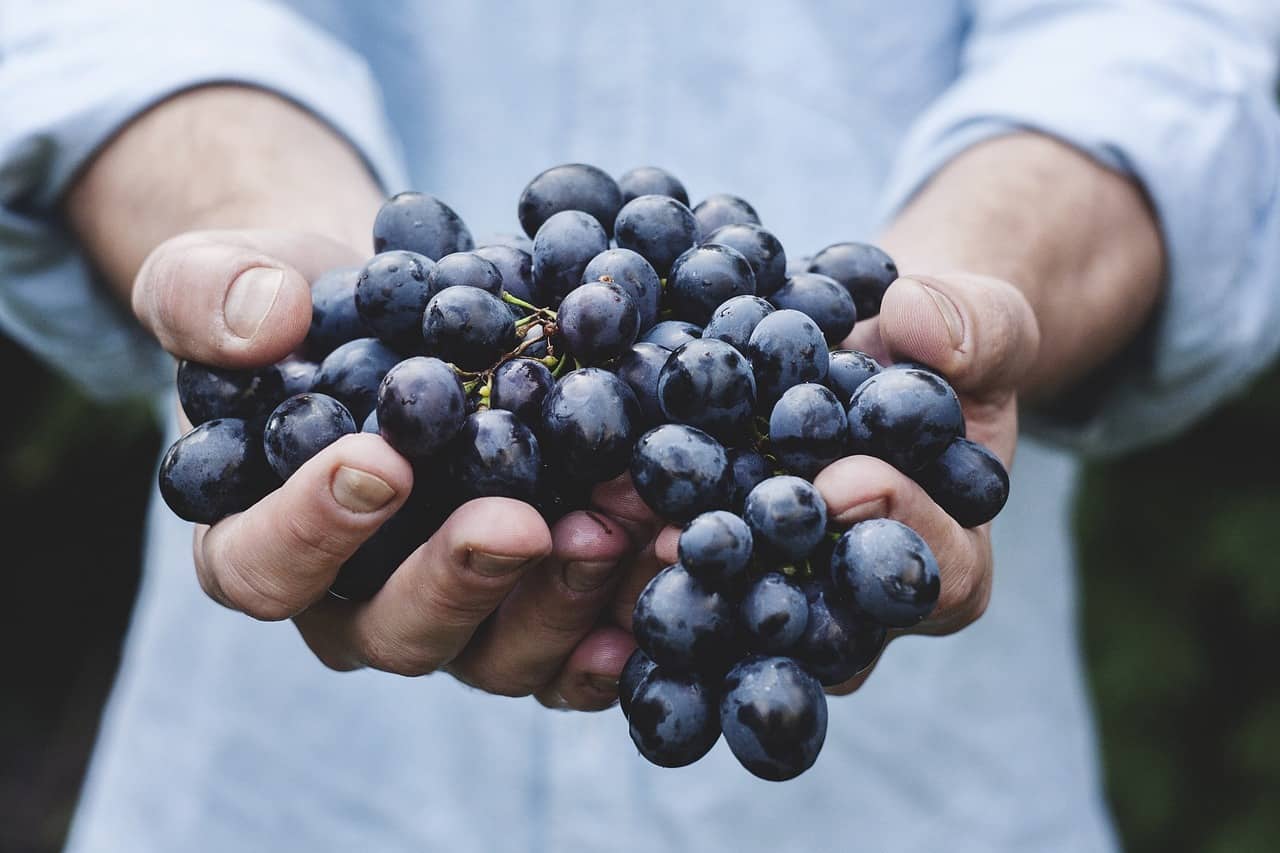
No, there is no scientific evidence that grapes are toxic to cats, but grapes are known to cause severe harm to dogs causing acute kidney failure. Many foods that are harmful to dogs can also be harmful to cats, it is, therefore, important to keep grapes away from your cat. If your cat accidentally eats a grape, keep an eye on it and watch for signs of gastrointestinal distress such as diarrhea and vomiting. If you notice any of these symptoms it is best to get your cat to a vet. The fact that grapes are so dangerous to dogs is enough reason not to tempt your cat with grapes and avoid them entirely.
Can cats eat rice?
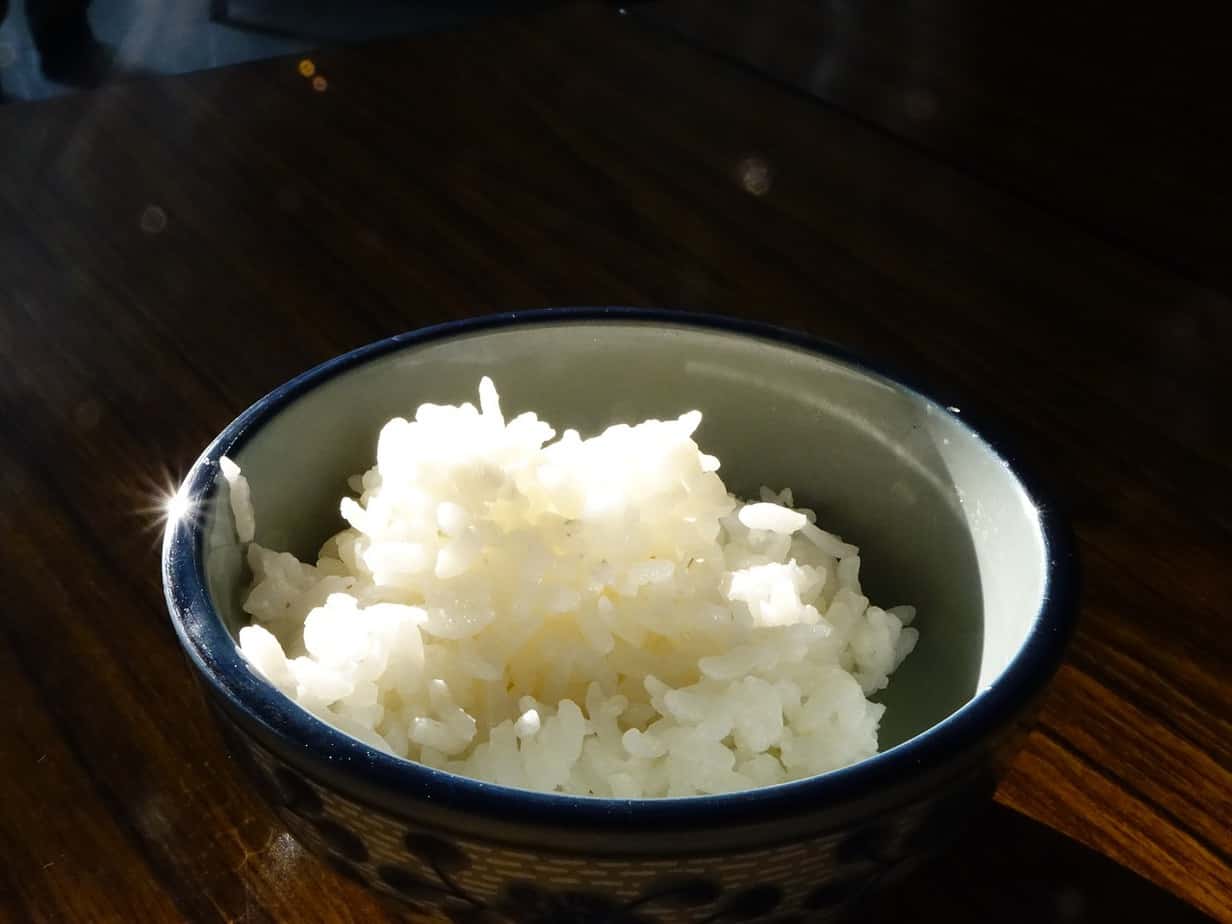
Your cat can most definitely eat rice. Rice can be a great source of carbohydrates and not only can cats digest rice with no problem it actually helps the cat’s digestive system. Rice is possibly one of the easiest grains for cats to digest. Cooked rice is good for your cat when worked into the diet in moderation. Never feed your cat uncooked rice as it will swell in the cats’ stomach causing it to become bloated, this can be uncomfortable and sometimes even painful.
Can cats eat blueberries?
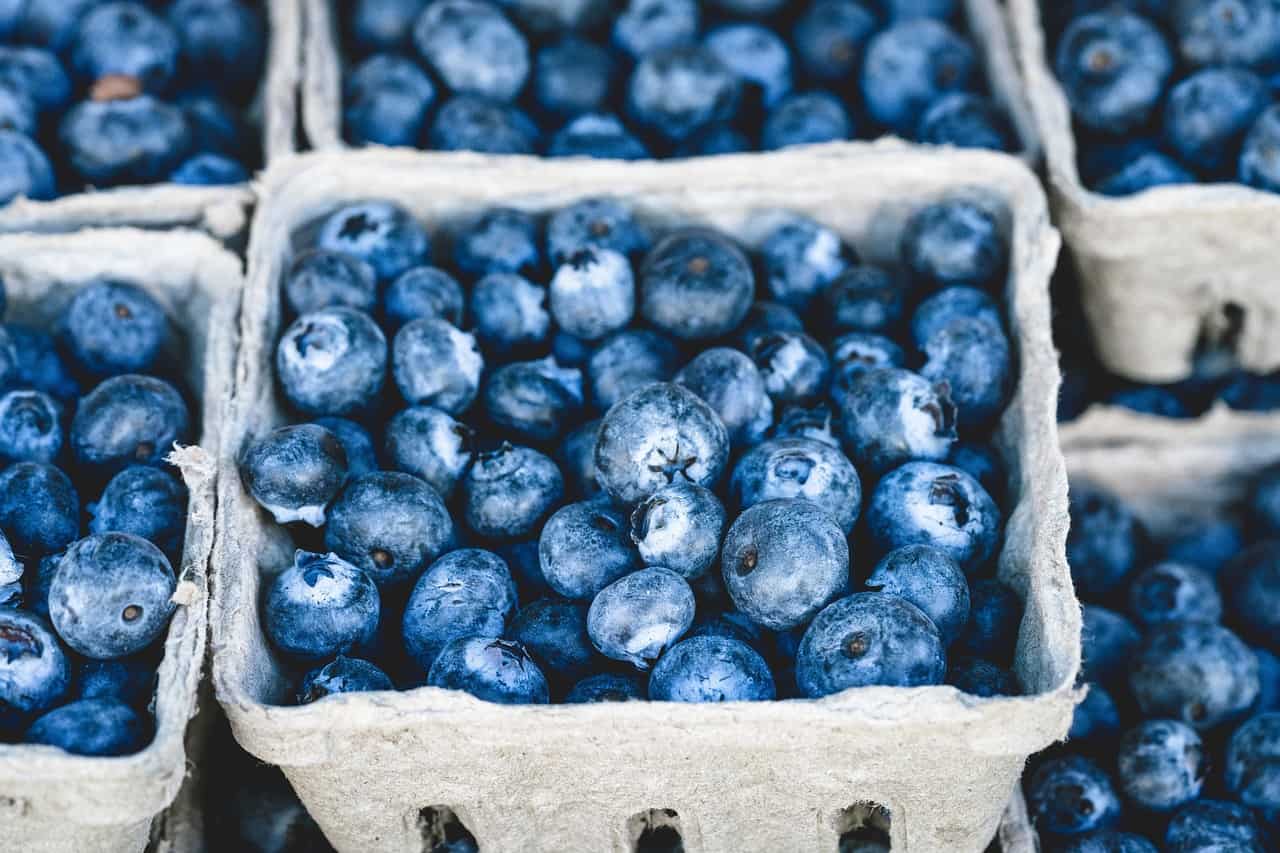
Not only are blueberries safe for cats to eat they are a great source of Vitamin C, fiber, and antioxidants. If your cat enjoys blueberries you can let him snack away. Blueberries are full of nutrients and your cat can also benefit from the antioxidants in blueberries. Some cat foods have blueberry extract included because of the nutrients of the fruit and also because of the flavor it adds. The antioxidants in blueberries also help persevere the cat food.
Can cats eat watermelon?
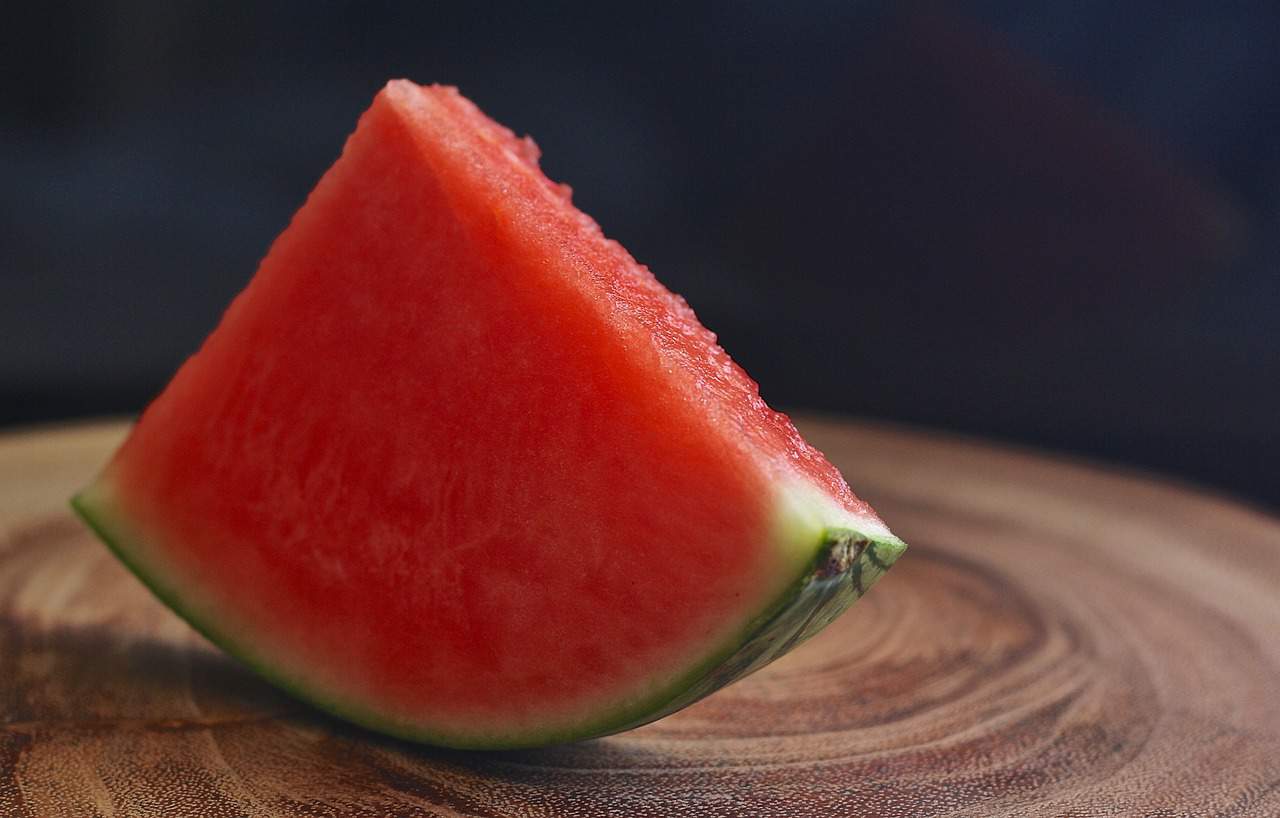
The actual fruit of the watermelon is perfectly safe for cats to eat and contains vitamins A and C. If you find that your cat is dehydrated watermelon is a great choice to get your cat rehydrated. Beware and make sure that you remove all the seeds as they contain compounds that can be harmful to your cat. Watermelon seeds that are ingested could lead to you having to visit your vet.
Can cats eat popcorn?
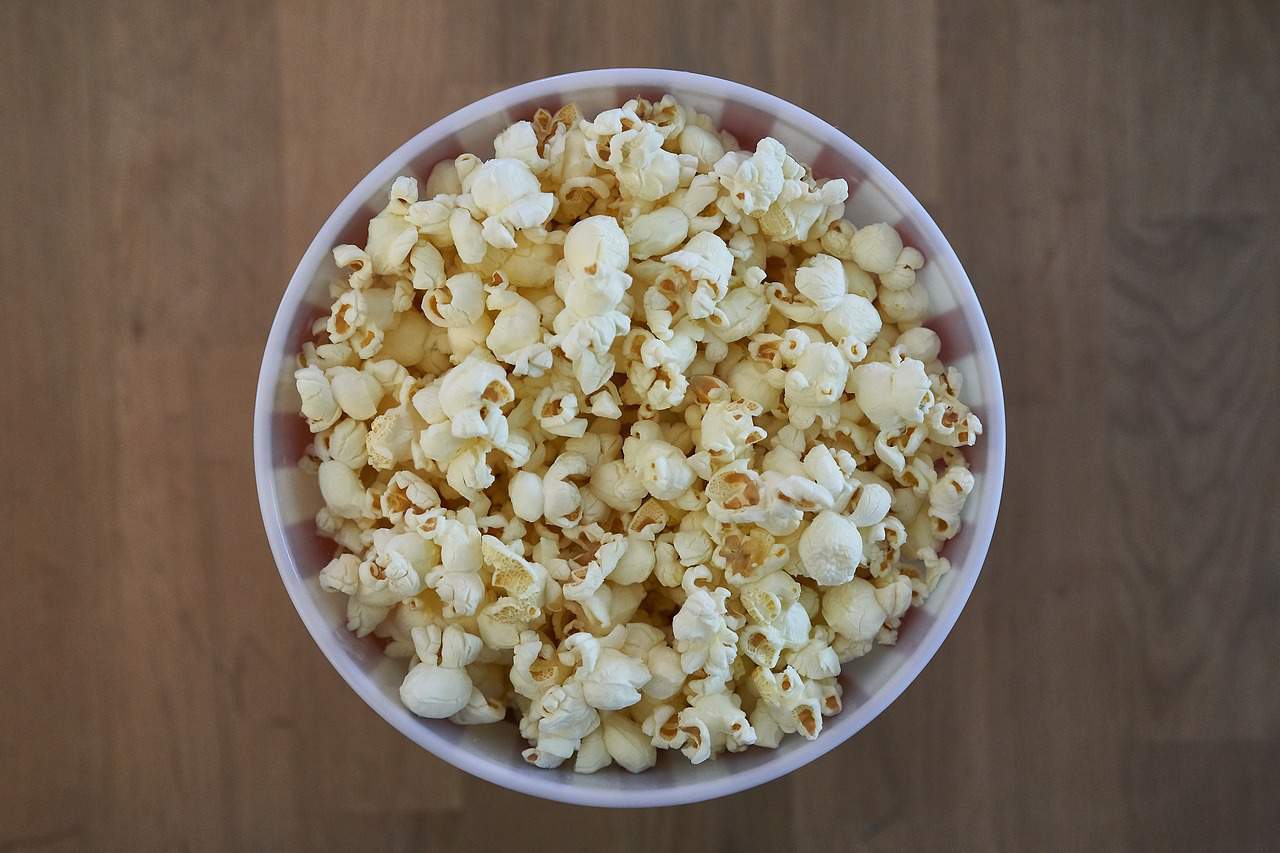
It is best to stay away from popcorn. Popcorn adds no nutritious value to your cat’s diet and can do more harm than good. The problem with popcorn is that it is mostly covered with salt, butter, spices, caramel, chocolate and loads of other preservatives. So, while the popcorn itself may not harm your cat the preservatives are very harmful. If you give your cat a few pieces of air-popped popcorn that has nothing added to it, it will most likely not harm the cat, but why risk it? Also, be careful not to give your cat unpopped popcorn as this could be a choking hazard especially in kittens.
Can cats eat carrots?
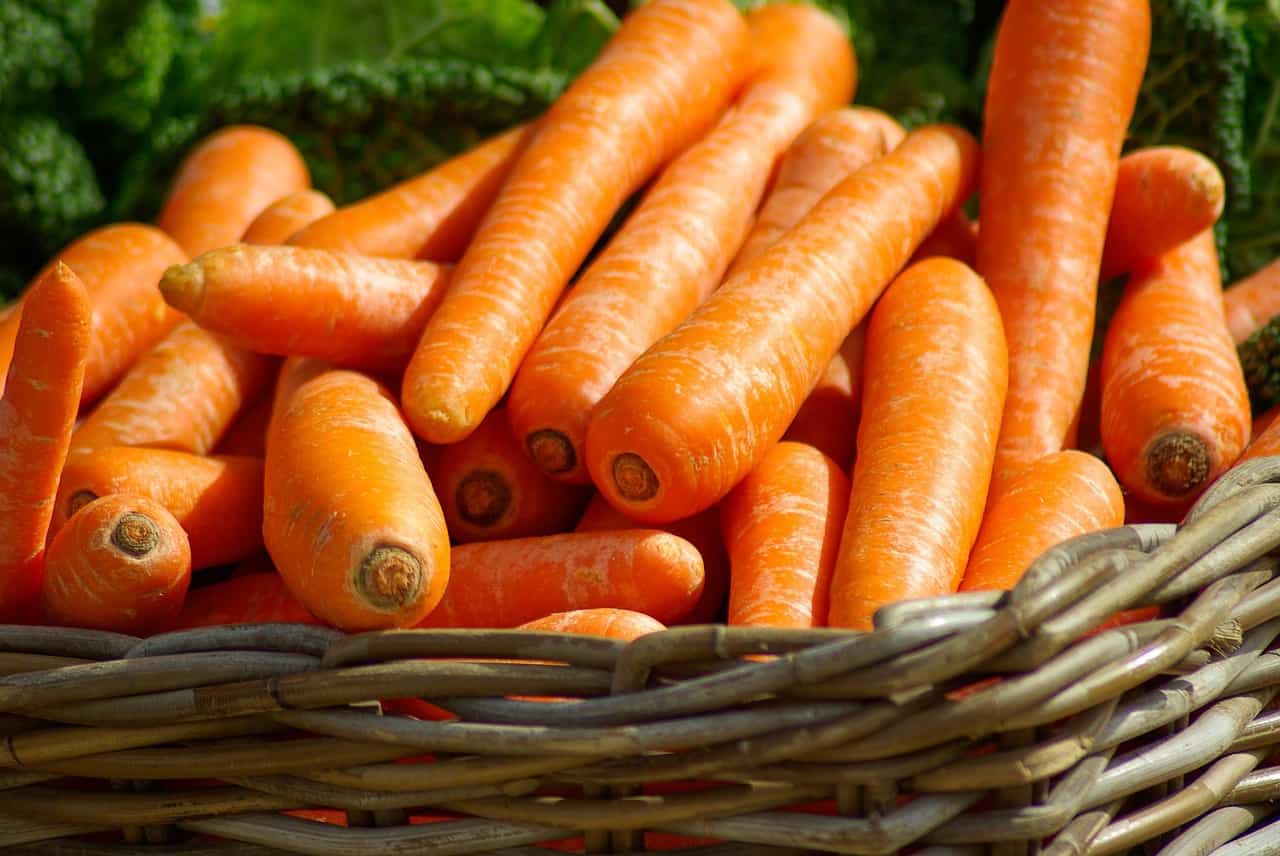
Carrots are something that your cat can eat without worrying about if they are toxic or not. It is best not to give them raw as they are hard and crunchy, and cats find them hard to chew. Cooked carrots are an excellent source of a lot of different vitamins and minerals, including healthy beta-carotene. Remember though when cooking the carrots for your cat to keep it simple and naturally avoid adding any flavorings and spices as these may cause harm to your cat.
Can cats eat catnip?
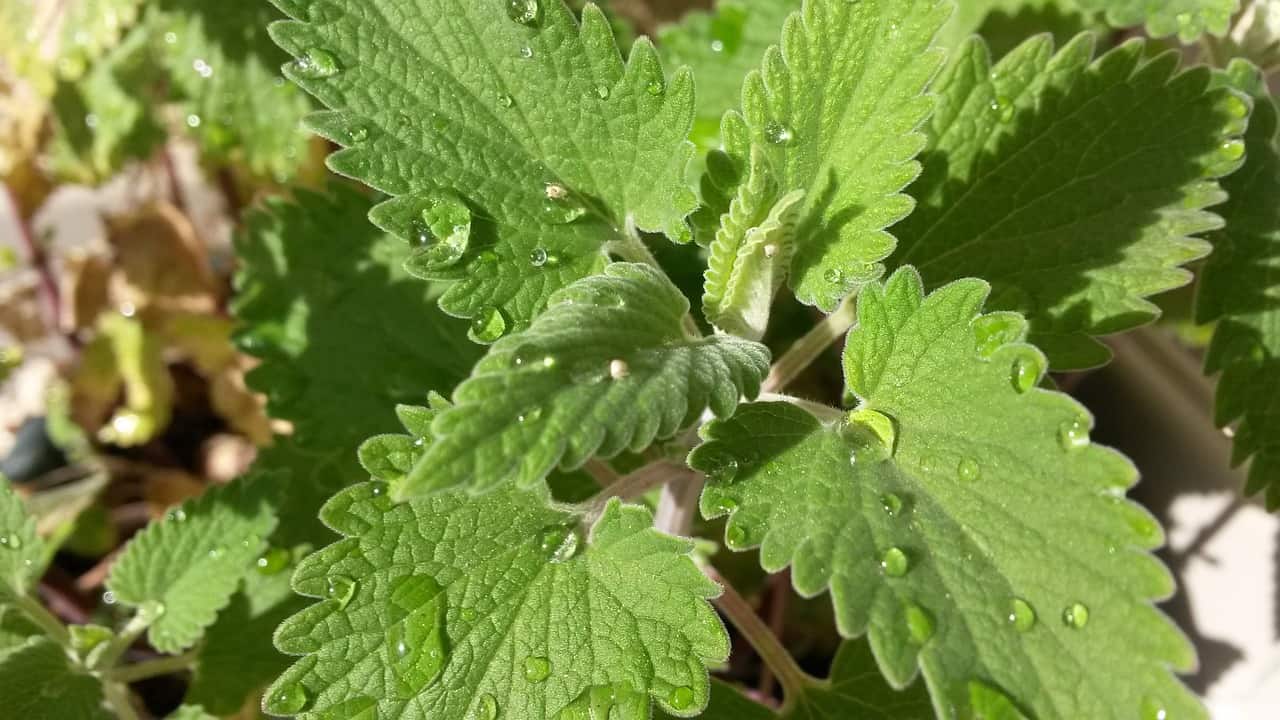
Most cats love catnip and it is safe for them to eat. Catnip is a perennial herb and it is a member of the mint family. The chemical compound in the plant that attracts and affects cats is called nepetalactone. This is found mostly in the leaves and stems. When sniffed by cats the Nepetalactone acts as a stimulant which puts the cat on a high, so to speak. This high will last approximately 10 minutes before your cat will return to normal. The interesting thing about catnip is that when a cat eats it, it has the opposite effect and acts as a sedative. If your cat does have a sensitivity, it will not show until your cat is several months old as kittens are not affected by the chemicals in the plant. Catnip is safe for cats. Even if they eat a lot, they may vomit and have diarrhea but will return to normal after a while.
Can cats eat corn?
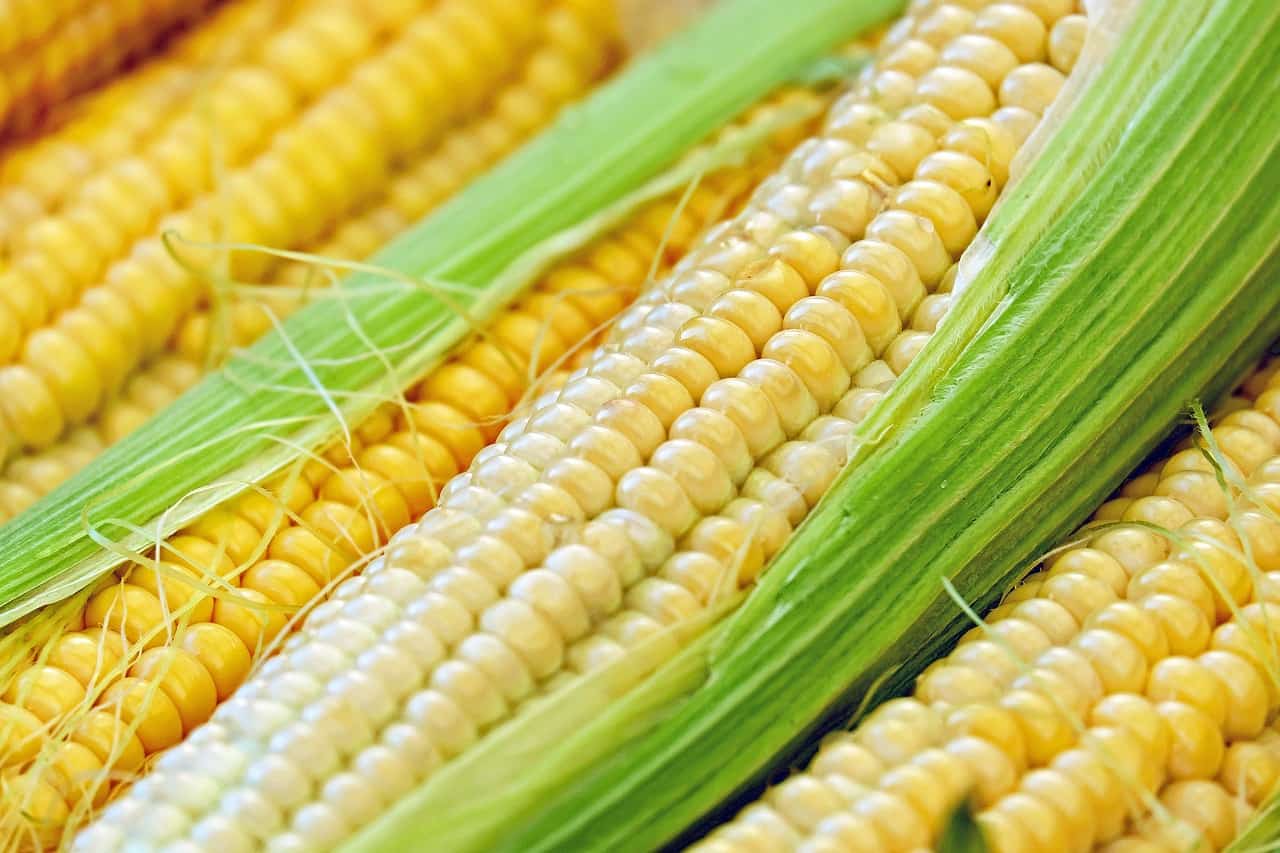
Corn is non-toxic to cats, but that does not mean that it should be included in their diet. Corn has no dietary benefit for cats whatsoever and too much of it can lead to diabetes, digestive disorders an obesity in cats. Many low-quality cat foods use corn as a filler ingredient and should be avoided. Corn is not a very good source of protein and too much of it in the diet can cause skin disorders. It is best to avoid corn as far as possible.
Can cats eat avocado?
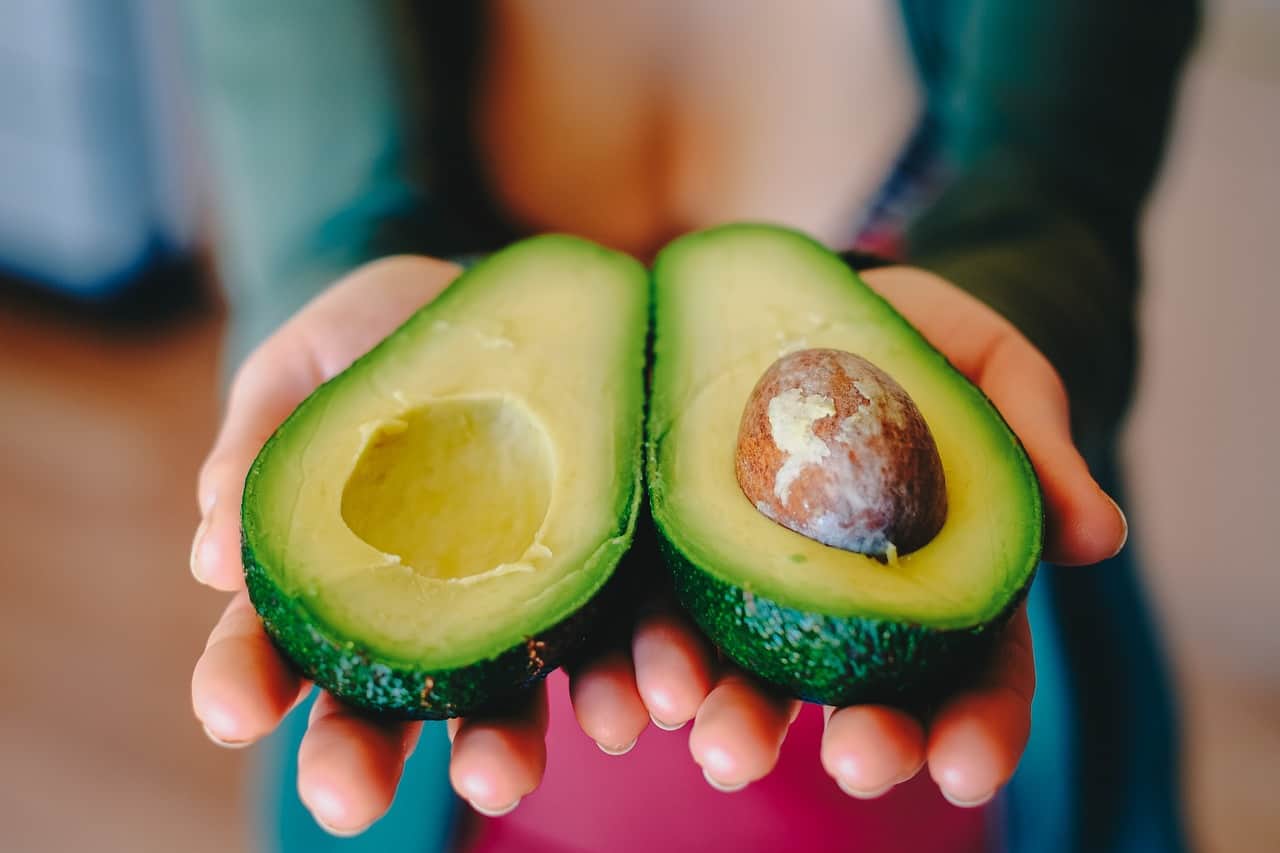
Avocados contain a toxin called persin which has no effect on humans but can be harmful to your cat. If your cat does eat some avocado or even the leaves, the bark, or the stem of the avocado tree, you need to get your cat to your vet instantly. Feeding your cat too much avocado could be fatal to a cat. Even a little bit can be dangerous and lead to difficulty high fever, breathing, and more. Do not feed your cat avocado under any circumstances.
Can cats eat tomatoes?
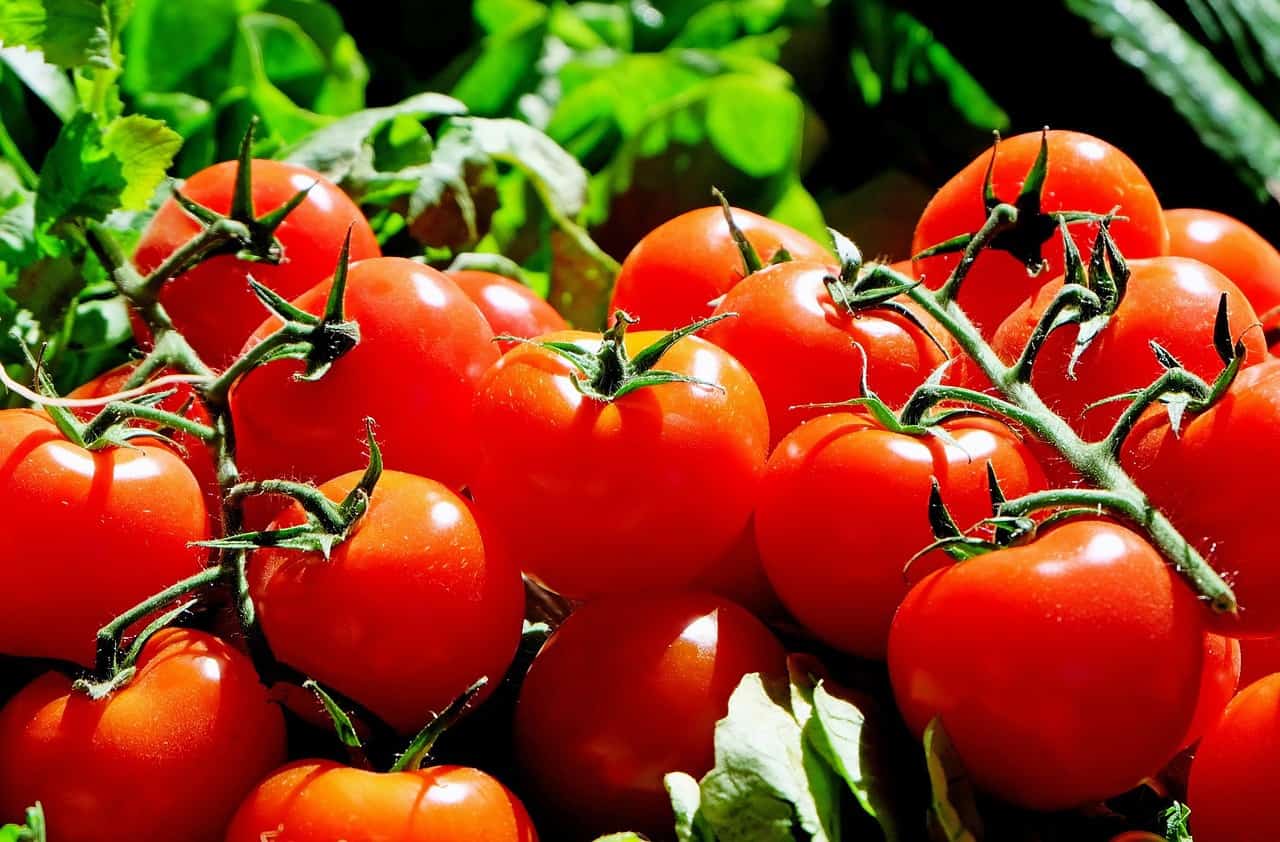
Cats should stay away from tomatoes especially green tomatoes. Tomatoes contain Solanine, the riper the tomatoes the less Solanine. Solanine is poisonous to cats. Cooking a tomato removes most of the Solanine and some cat foods even contain tomato juice. Solanine will not kill your cat but will make it ill especially if it ingests a green tomato or the tomato plant.
Can cats eat yogurt?
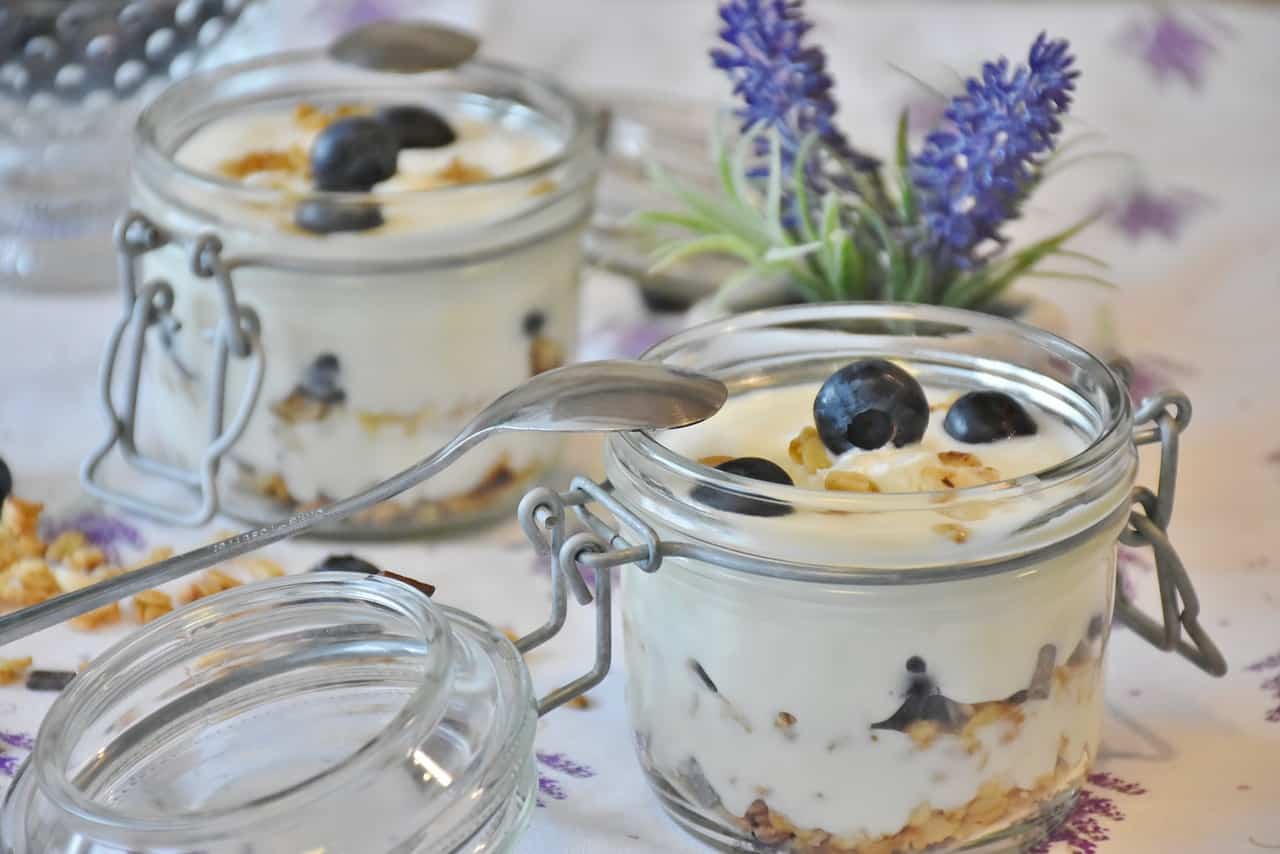
Yes, your cat can eat Yoghurt, it is healthy for cats due to the active bacteria cultures that are present in plain yogurt. The bacteria can improve your cat’s immune system and improve their digestion. Intestinal flora in bacteria cultures helps a cat’s stomach and bowel movements. If your cat has diarrhea, then a small amount of yogurt before they eat their meal may help. Yogurt is even beneficial for cats when they’ve swallowed too many hairballs. As long as you are giving your cat plain yogurt, it is the best dairy product for adult cats to eat.
Can cats eat potatoes?
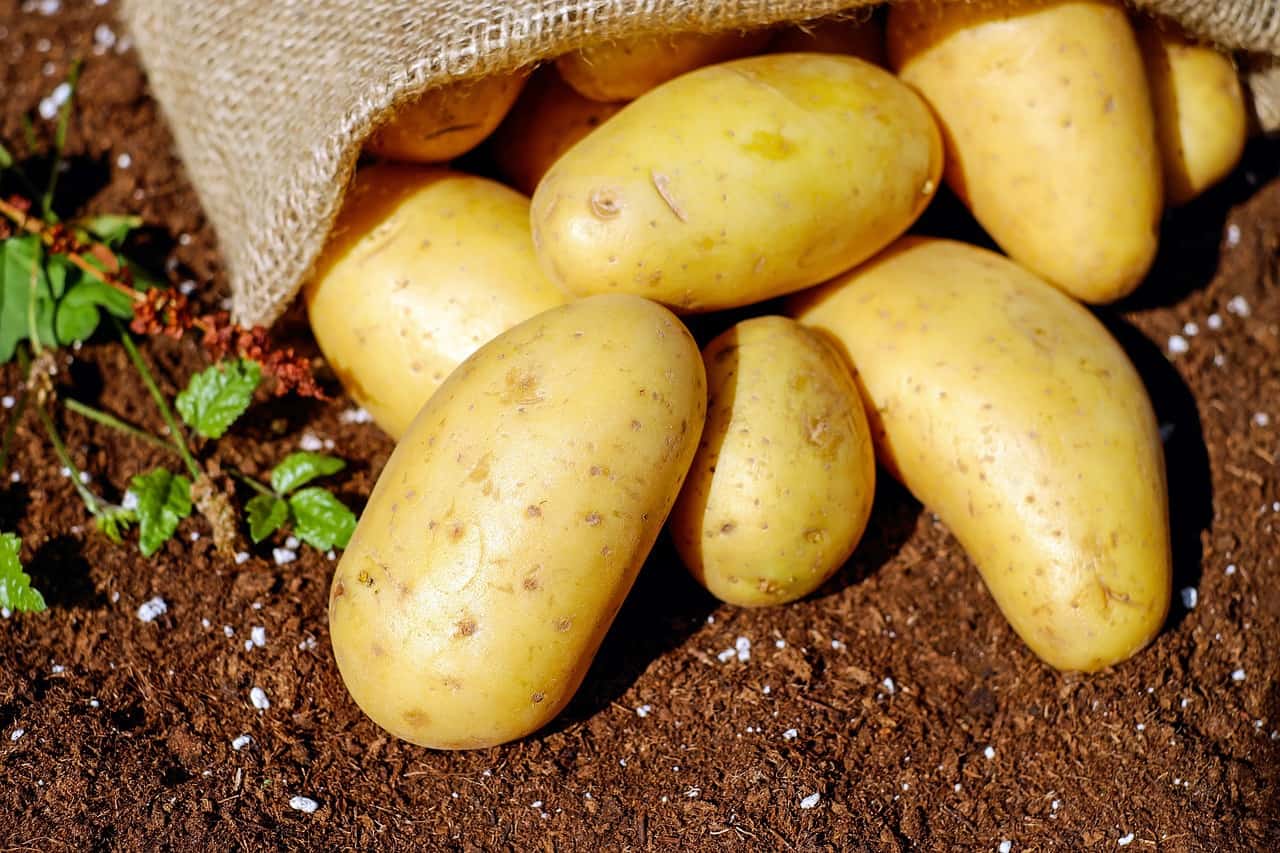
Cooked potatoes are safe for cats to eat. However, raw potatoes contain an alkaloid that is toxic to cats called glycoalkaloid solanine. Once a potato has been cooked, the heat destroys the toxins and makes it safe for cats to eat. Boiled and steamed potatoes are ok for cats, as fried potatoes contain too much fat from cooking oils. Also, avoid leaving potato chips near your cat. The salt and fat aren’t healthy for cats. Even cooked potato should be given in moderation and a small spoonful every now and then will be ok but don’t include it in your cat’s diet regularly.
Can cats eat peanuts?
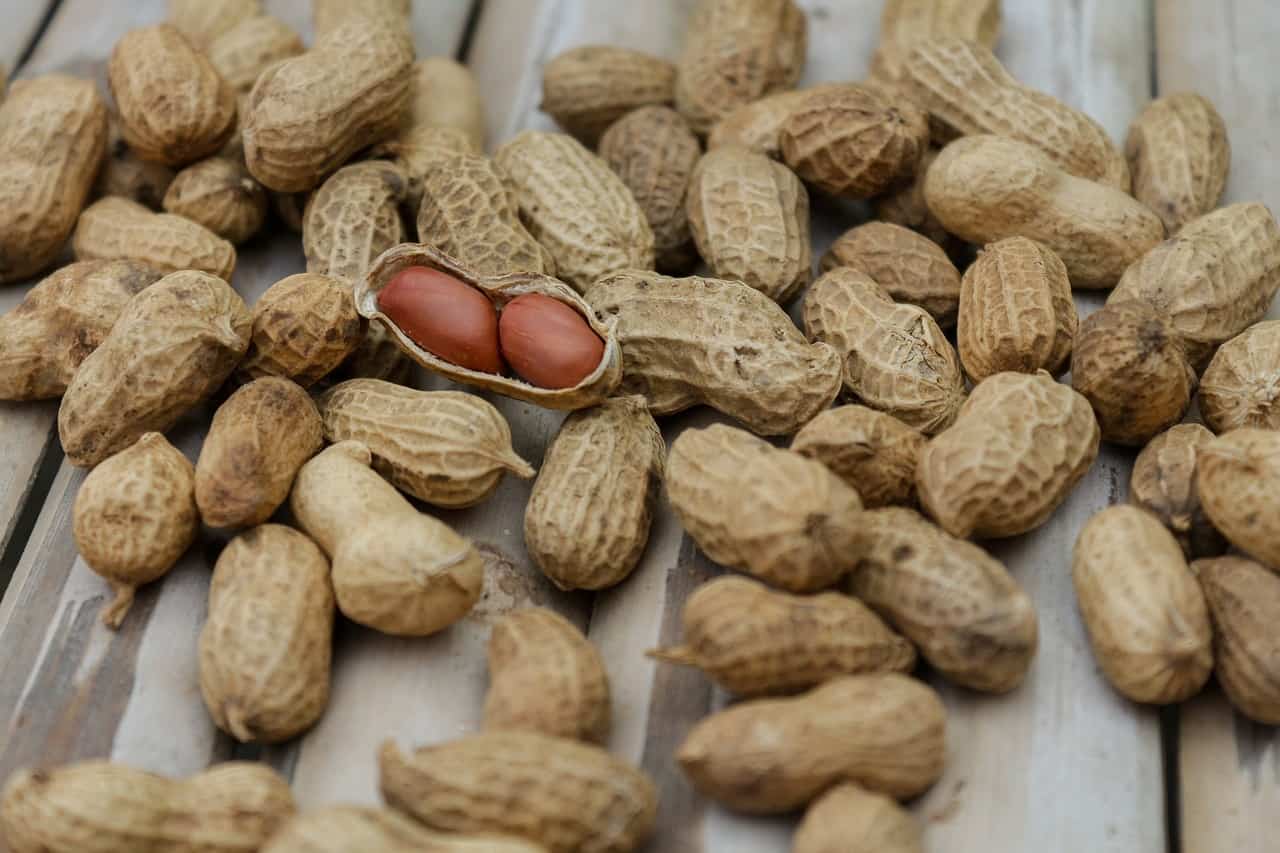
Peanuts may not be poisonous for cats, but they can be dangerous for cats. Peanuts are high in protein, which cats do need but they are also very high in fats, and cats can have a hard time breaking down fats. This can cause some tummy trouble for your cat, maybe some vomiting or diarrhea, if your cat consumes too many peanuts. A peanut or two is not enough fat to be of any danger to your cat, but your cat should not have much more than that at once.
Peanuts are also high in salt unless they are raw, and salt is very bad for cats. If you decide to treat your cat with a peanut only use raw peanuts that are unsalted and unshelled. Pieces of shells can be hard, and even dangerous to the digestive tract. They splinter and have the ability to cut the throat, digestive tract, and even the stomach lining. If at all possible, it is best to avoid peanuts altogether.
Can cats eat ham?
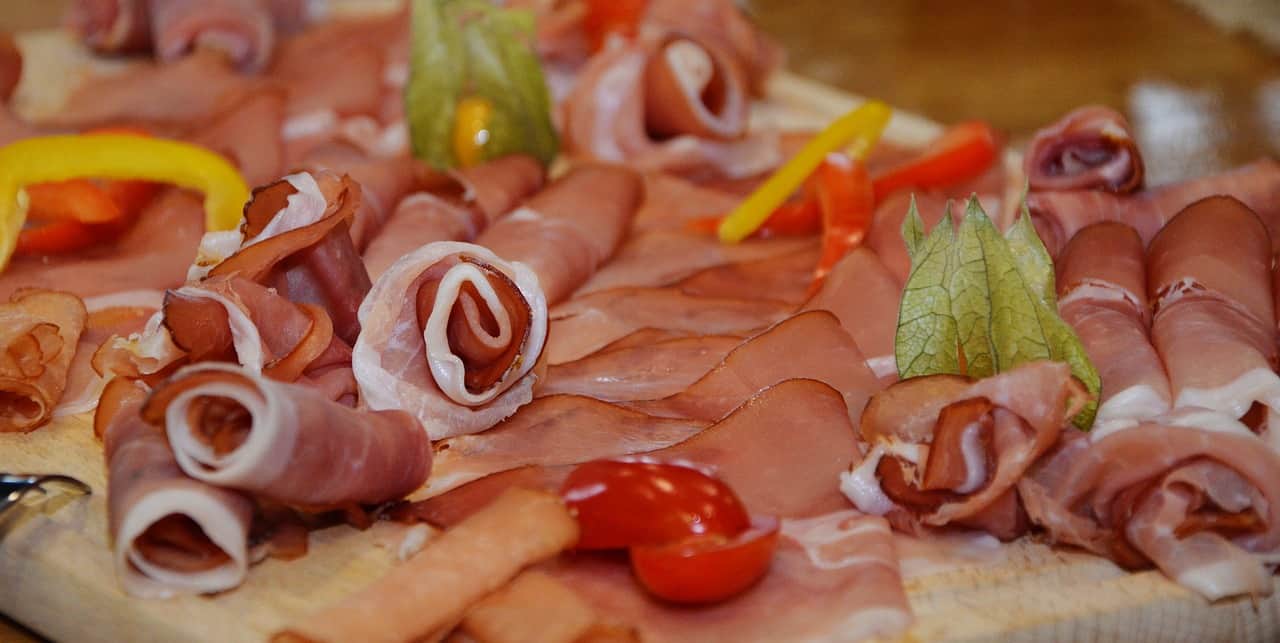
A ham is a processed meat that contains preservatives it should be given in moderation. If you want to treat your cat with ham you will need to buy a good quality ham that has fewer preservatives. All these preservatives may upset their stomachs and cause long-term health problems. Snacking on a good quality ham will provide your cat with some of the proteins that it needs but again it should be done in moderation and ham should not be the only meat and source of protein in your cat’s diet.
Can cats eat broccoli?
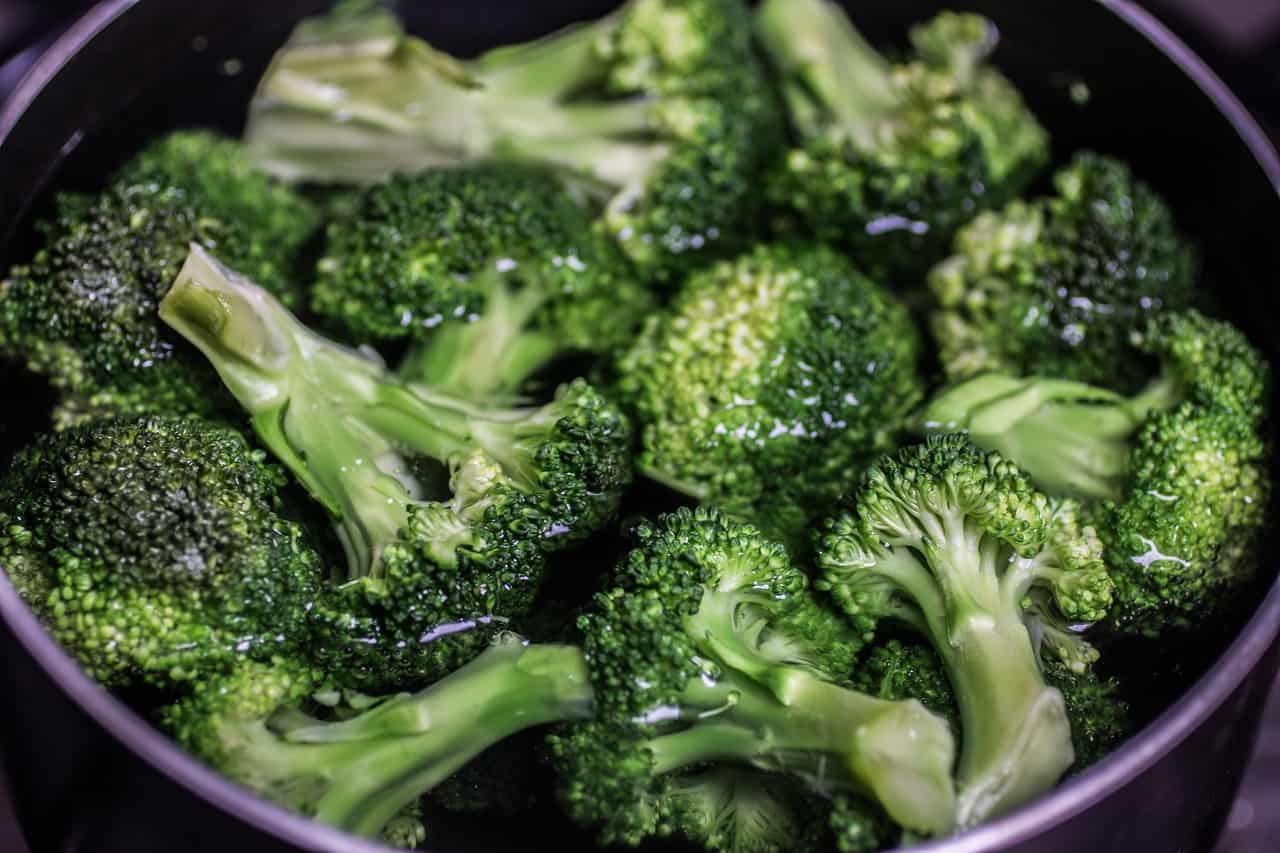
They most definitely can. Broccoli offers some great health benefits to your cat, it is packed with anti-oxidants and is an excellent source of roughage. The question with broccoli is more will your cat want to eat broccoli? Broccoli sort of has the same effect that eating grass has and that is why sometimes your cat will be attracted to the broccoli if it has a stomach ache. If your cat enjoys broccoli include it in its diet as it offers some great benefits.
Can cats eat turkey?
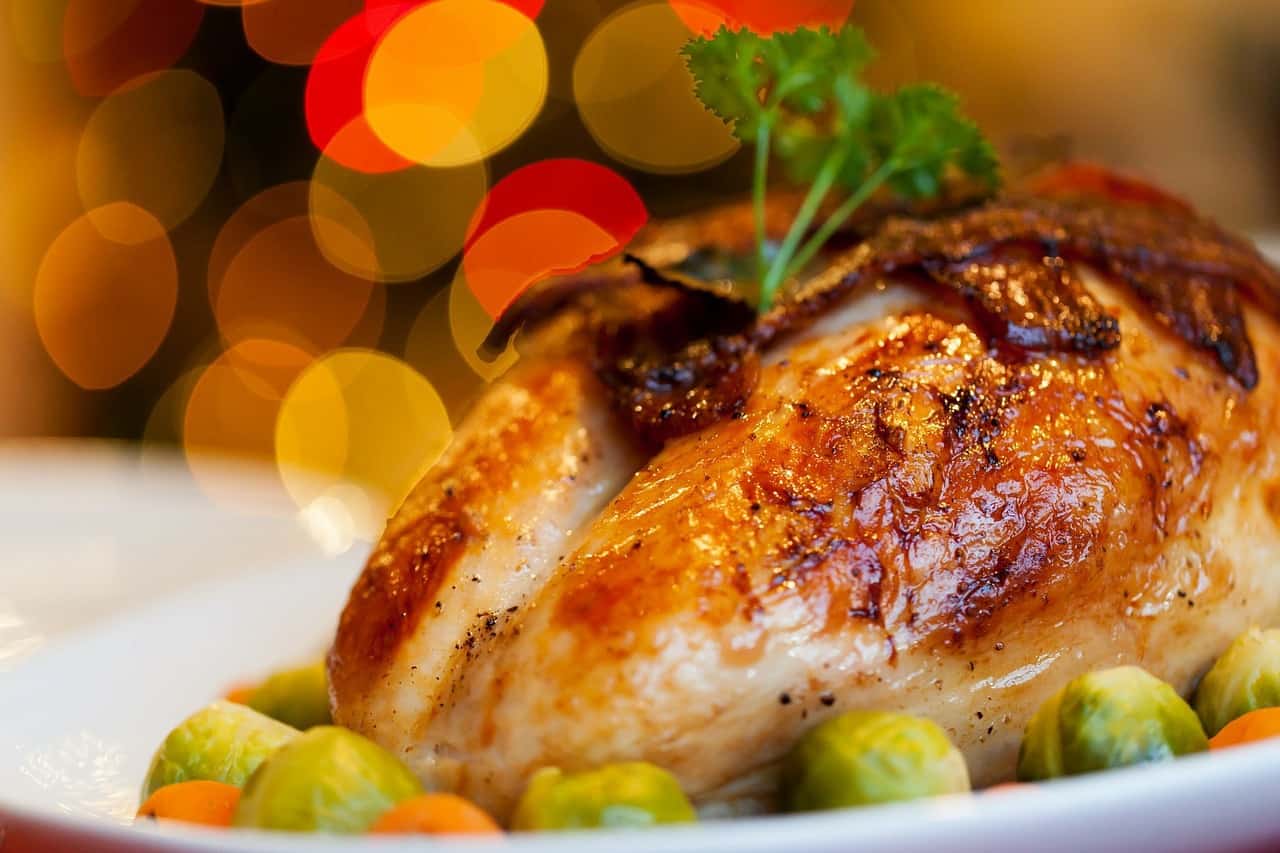
If you are going to give your cat turkey make sure it is well-cooked. Under-cooked turkey could contain salmonella bacteria. Salmonella causes diarrhea and vomiting, along with fever and loss of appetite. Make sure any turkey you give your cat has no bones. They can create blockages in the digestive tract and throat. Also, fat trimmings should not be given to your cat at all, no matter how well-cooked.
These too can cause diarrhea and vomiting. If you give your cat turkey only give it in small amounts as overindulgence is not good for cats, it is also not uncommon for cats to be allergic to turkey. Turkey in moderation is a good source of protein but should not contain any salt or other spices.
Can cats eat shrimp?
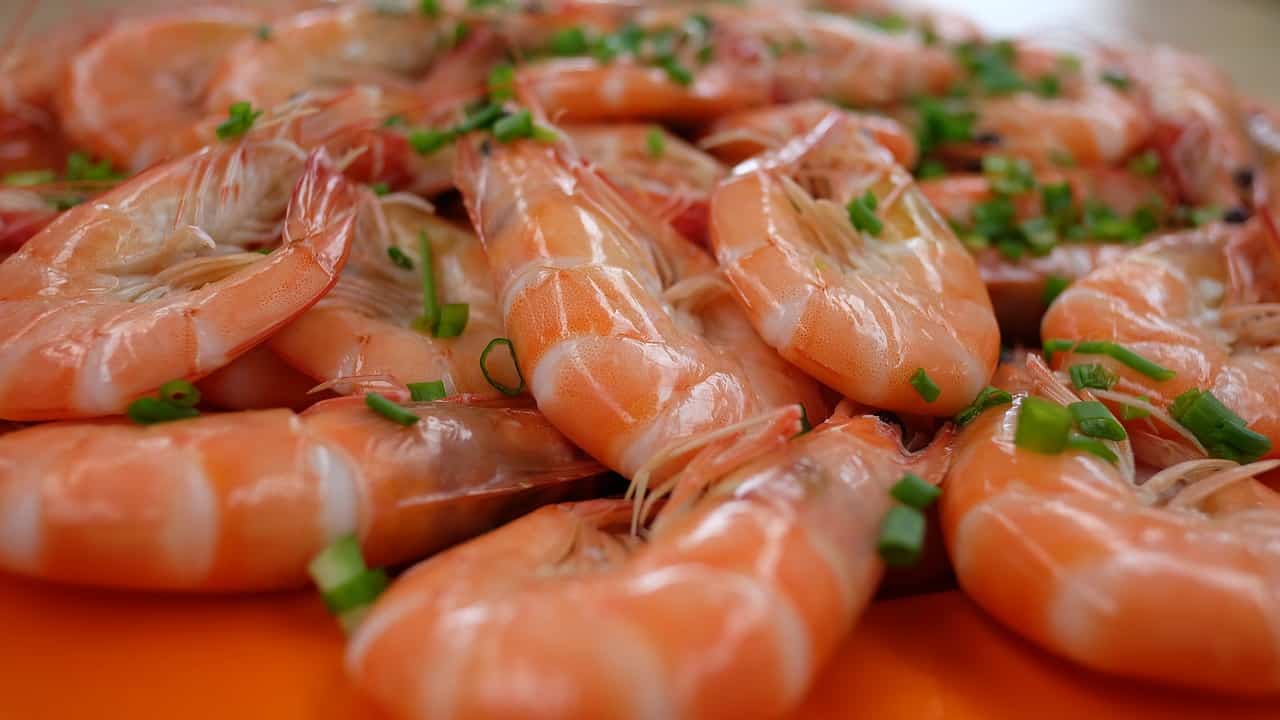
Shrimp can be given as an occasional treat or snack, but it should never be given in big quantities or for replacing a meal. It contains a good amount of protein, but it also contains a large amount of cholesterol and sodium, so you want to make sure that you only give them a small portion, according to their size. You don’t even need to cook the shrimp prior to giving it to your cat.
Can cats eat honey?
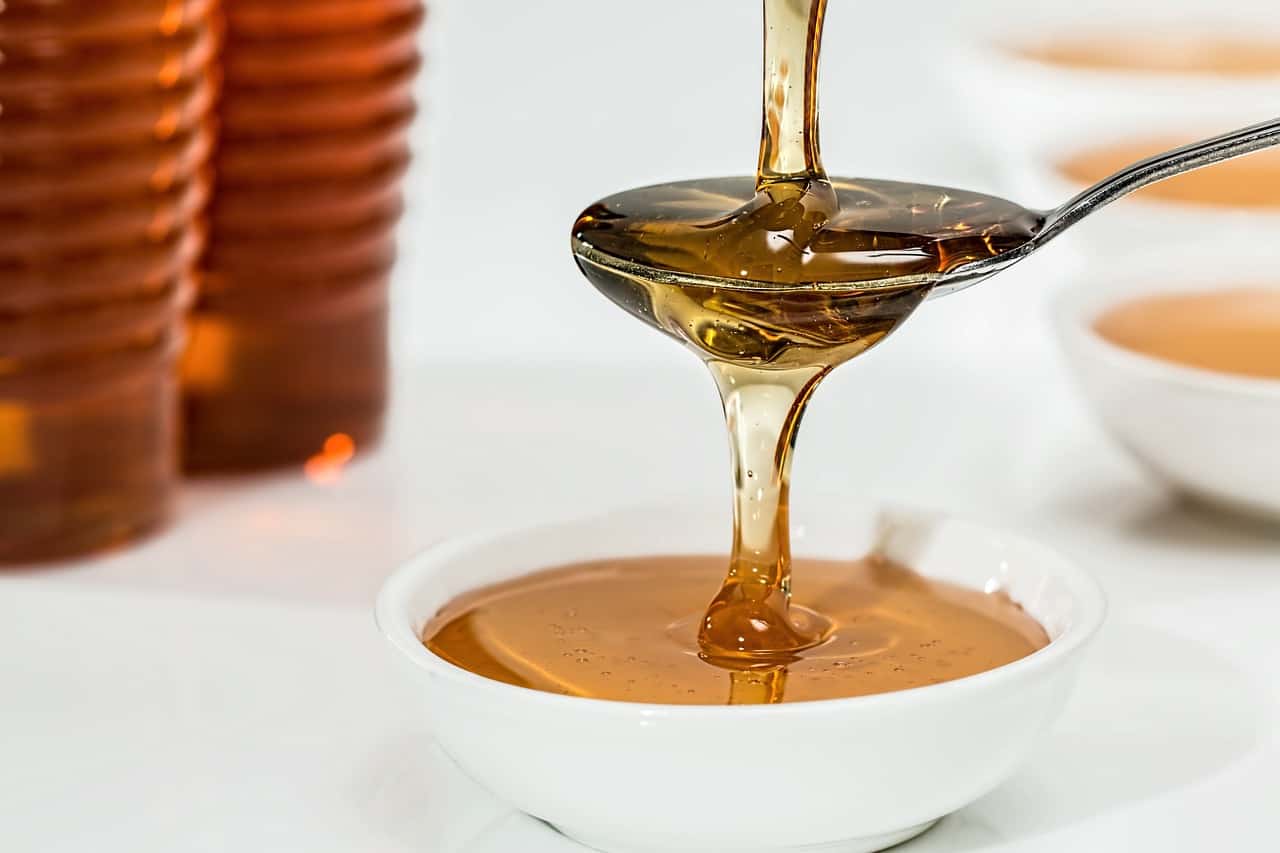
Honey is one of those things that are not exactly toxic for cats, but it should still be avoided. Even for humans’ honey has good qualities and some people view it as a natural antibiotic that needs to be incorporated into our daily diets. Even for people, honey is only good in moderation and too much of it could cause a stomach ache or upset the stomach.
With cats, it has the same effect except that with their small size and inability to digest honey properly the effects are much greater. Because you enjoy honey you think your cat will enjoy it too, and even if that is true honey adds no value to a cat’s diet and should therefore rather be avoided.
Can cats eat tuna?
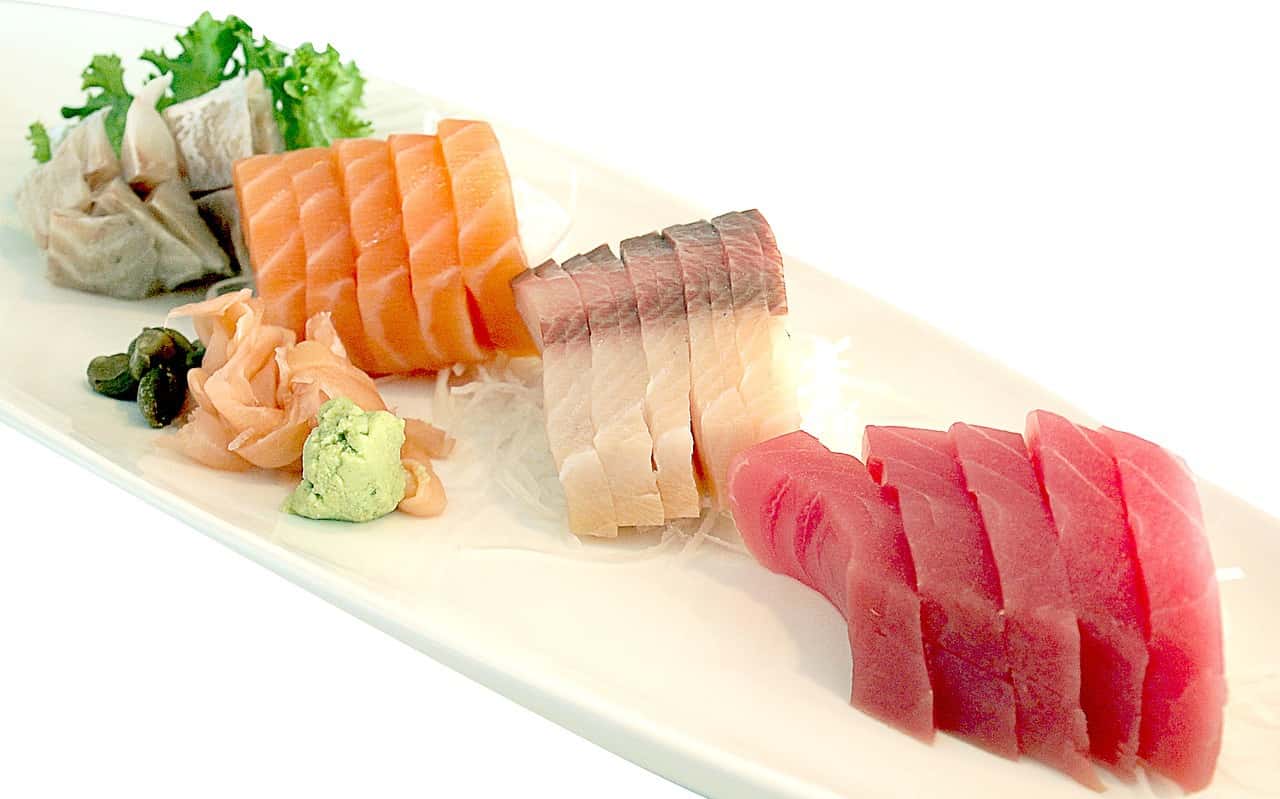
Tuna is an excellent source of protein and omega fatty acids for your cat as long as it is given in moderation. Unfortunately, tuna does not contain all the nutrients that cats need. You should never substitute your cat’s food with tuna, you may think that you are doing your cat a huge favor but in truth, the only food that has all the nutrients that a cat needs is cat food. Tuna as a treat or even a few times a week is good for your cat, but its diet should be balanced.
Canned tuna is also a problem as it contains lots of extra oil and salt which is bad for your cat. Fresh tuna is best but if you can’t find it fresh choose the canned type that has no salt added. It is true that cats love all things fishy but just because they love it doesn’t mean their diet should consist solely of it. Fish has a lot of omega-3 fatty acids, which help your cat’s eyes, as well as helps with arthritis, kidney disease, and heart disorders.
Can cats eat spinach?
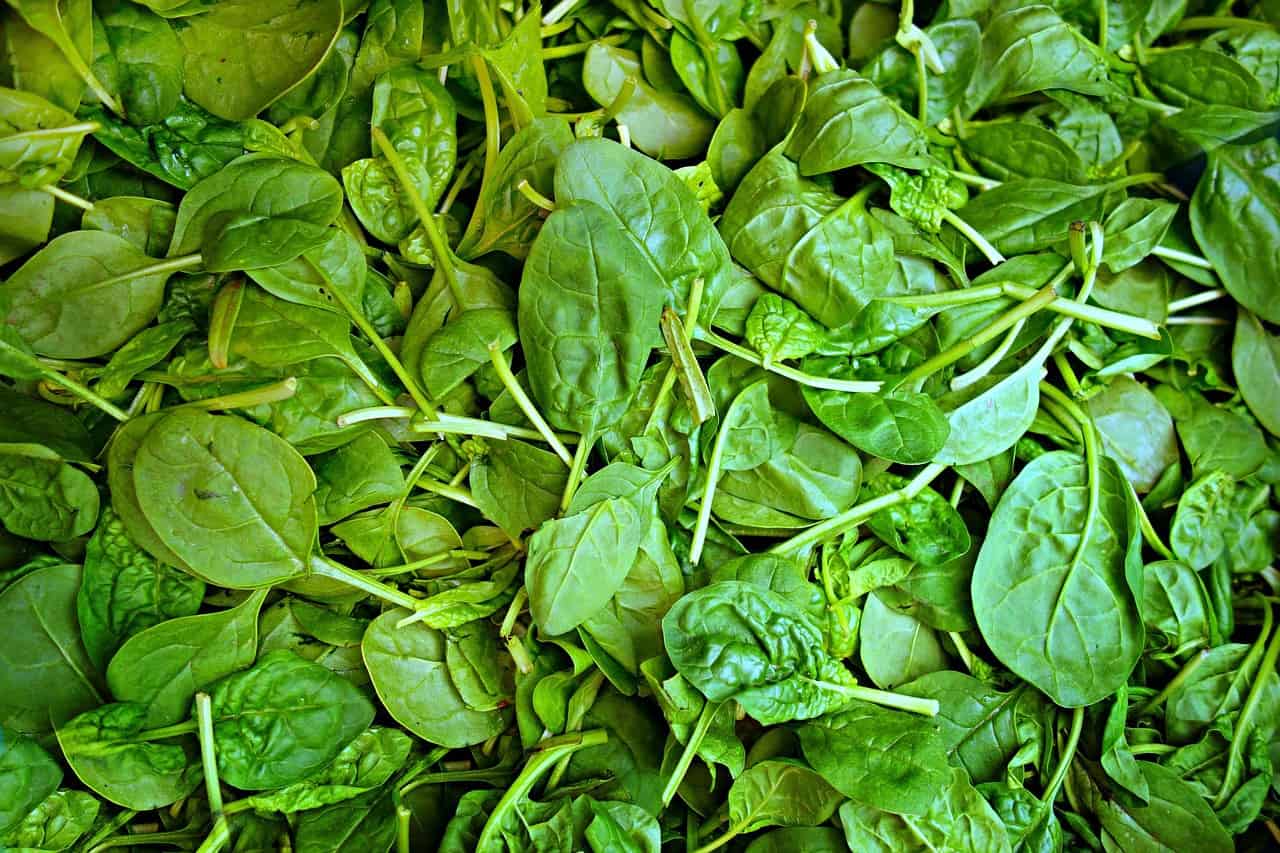
Spinach is a yes and no when it comes to cats. Kittens should never be given spinach. The thing with spinach is that it is packed with minerals and vitamins and it is low in calories which is great but there is a downside. Cats do need to have a few greens in their diet but too much of it can be dangerous.
The downside of spinach for cats is that it contains low amounts of calcium oxalate, which when too much is ingested it can cause crystal formations in a cat’s urinary tract. It should be completely avoided if your cat already has urinary tract problems or kidney problems. Again, spinach is a human food that is great for humans but not so great for cats. Small amount worked into their diet now and then is fine but avoid large amounts.
Can cats eat bacon?
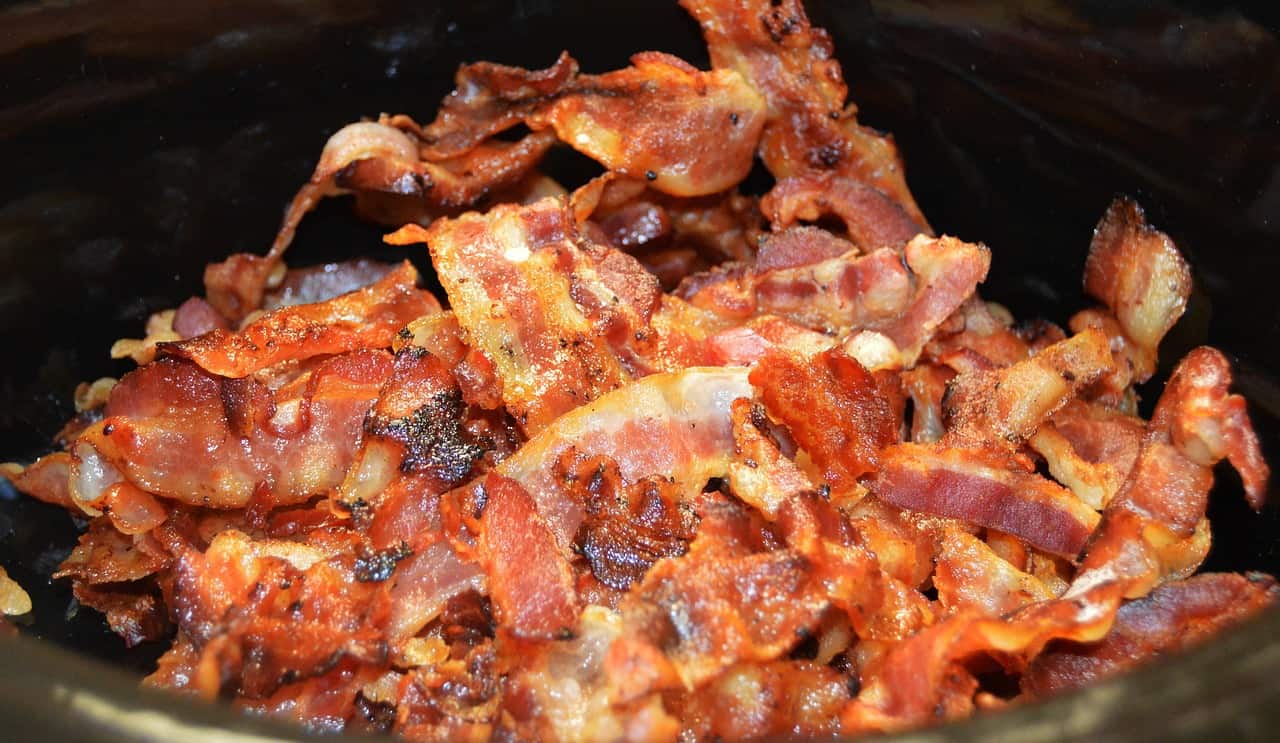
Cats should not be eating bacon. You might think that because bacon is pork it is good for your cat, this is not true. Bacon is not necessarily dangerous for cats, but it certainly isn’t good for them. The problem is not with the pork but with the fact that bacon is salty and filled with harmful preservatives. All this salt and preservatives may upset their stomachs and cause long-term health problems. Sometimes the things we are giving to our cats as treats do more harm than good and bacon is one of those treats that you should not be feeding your cat.
Can cats eat pork?
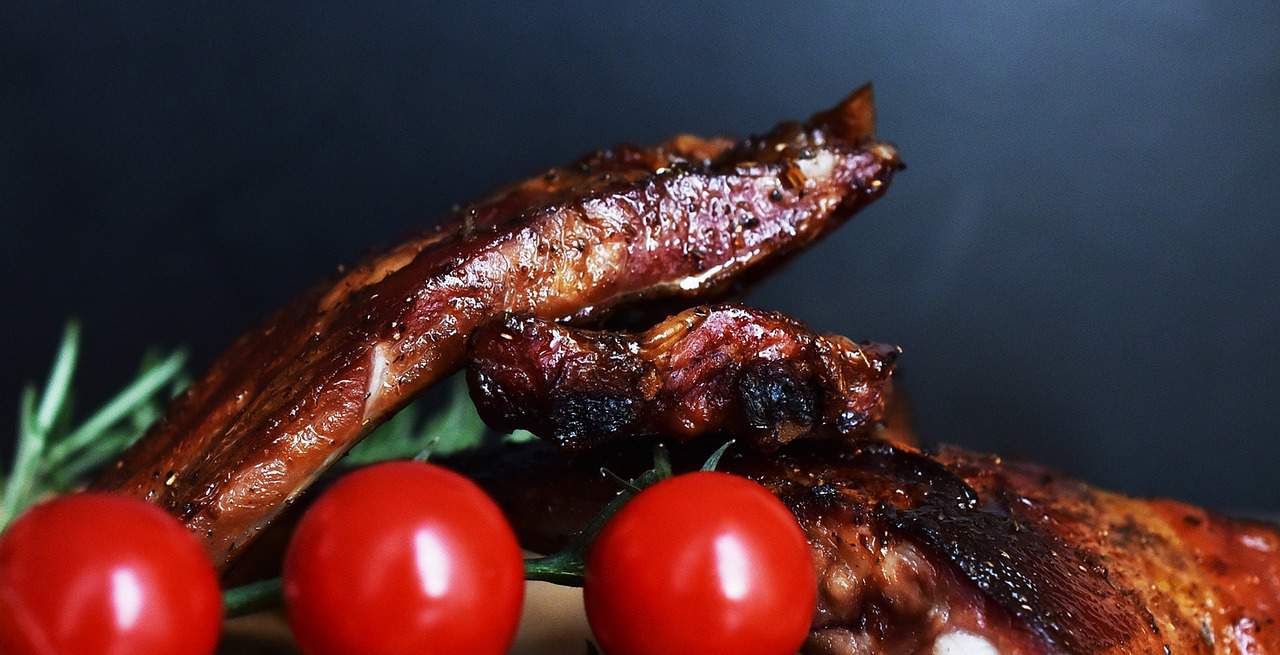
Yes, yes and yes again. Pork is a perfect addition to your cat’s diets. Cats are naturally carnivore and designed to digest meat. Cats need the proteins that are found in most meats to be healthy, that being said, there are limits to the type of meat and how meat should be given to your cat. Pork is one of the rare meats that are safe to give your cat raw.
Pork in all its forms is not recommended for cats, bacon, and ham that are cured pork products should only be given in small amounts. The curing process involves preservatives, salt, and spices all of which are dangerous to cats. Pork is a relatively lean meat if you cut the excess fat off and it is a great source of taurine which is extremely important in a cat’s diet. Cats need taurine in their diets but unlike dogs, their bodies do not produce taurine, so they need to get it from their food. Many cat foods have a high percentage of taurine.
The biggest fear that people have of giving their cats raw pork is that it is said that raw pork will give your cat Trichinosis which is caused by the roundworm parasite, Trichinella. This was a problem in the past, however, modern-day meats do not pose this danger and are safe to give your cat raw.
Can cats eat oranges?
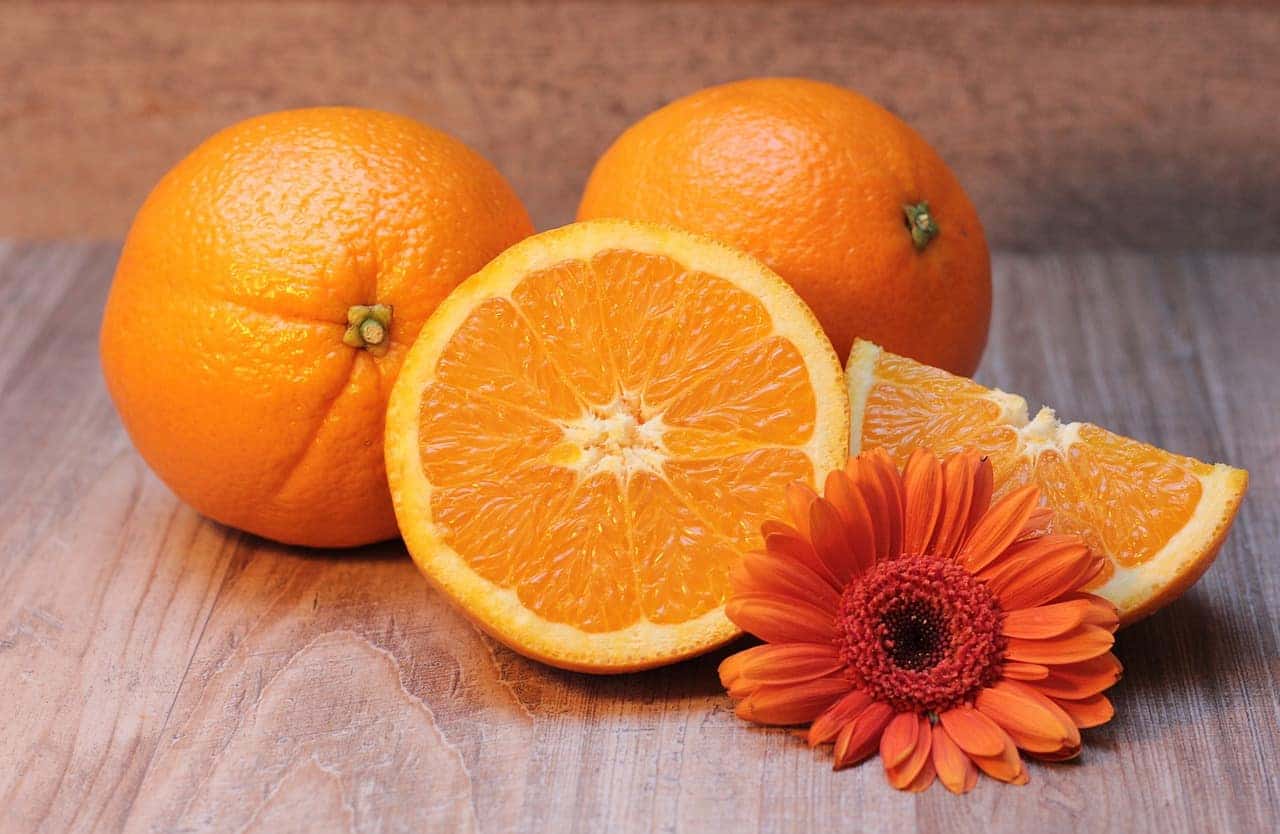
Oranges and all citrus fruits are a big no-no for cats. Which is why it is a good thing that cats don’t particularly like citrus fruits. The smell of the orange peel disgusts cats and is a great cat repellant. The essential oils and psoralens in oranges are toxic to cats and even though oranges have a high amount of Vitamin C which cats need, a cat’s body produces vitamin c on its own so extra vitamin c is not necessary.
Most cats won’t eat oranges but if your cat did decide to eat oranges it will lead a bad case of diarrhea and vomiting. Eating oranges may also cause depression and photosensitivity in cats. There is no good that can come from your cat eating oranges so rather avoid it entirely.
Can cats eat pineapple?
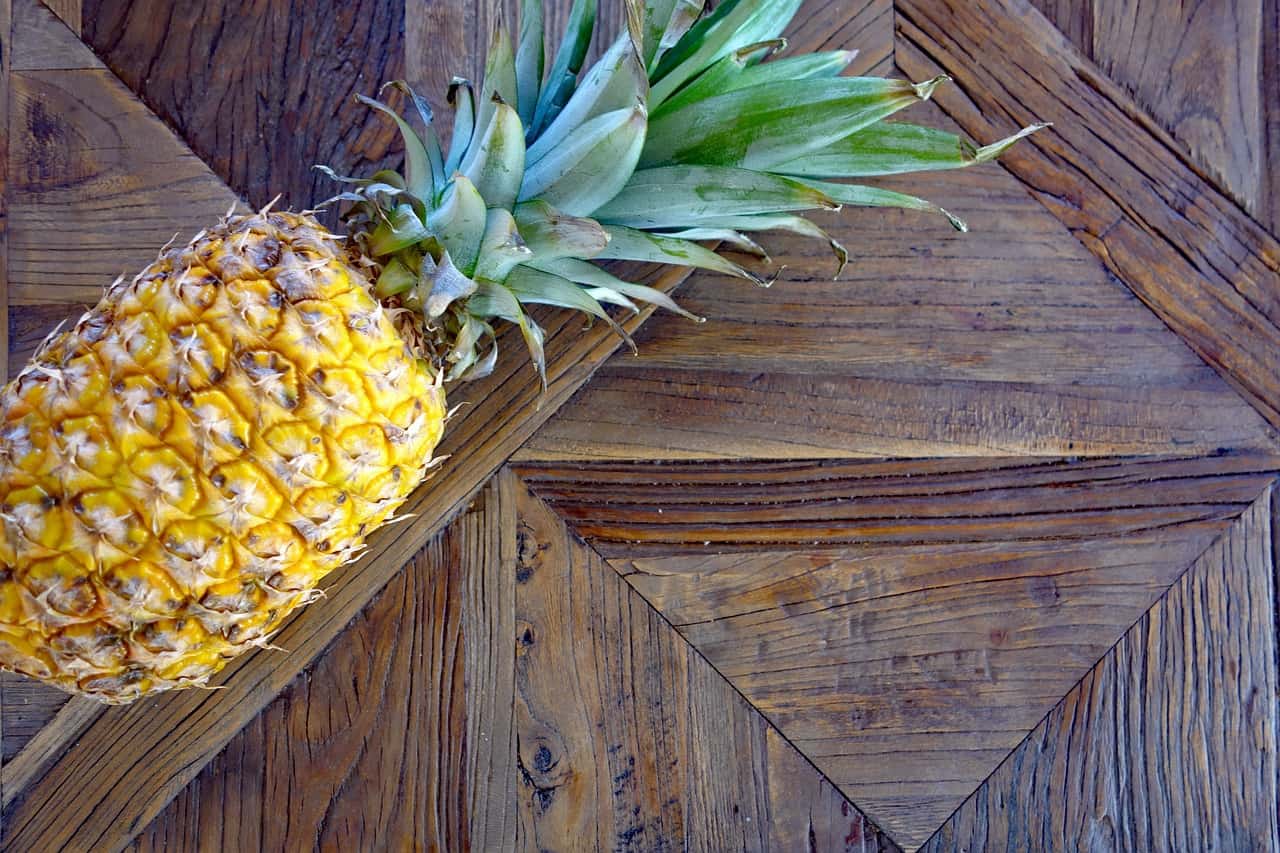
Pineapples contain actinidain and some cats have been known to react negatively to it. In general, though a small bit of pineapple will not harm your cat. Again, it does not contain anything that a cat needs in its diet, so you would be better off giving your cat something else.
Can cats eat lettuce?
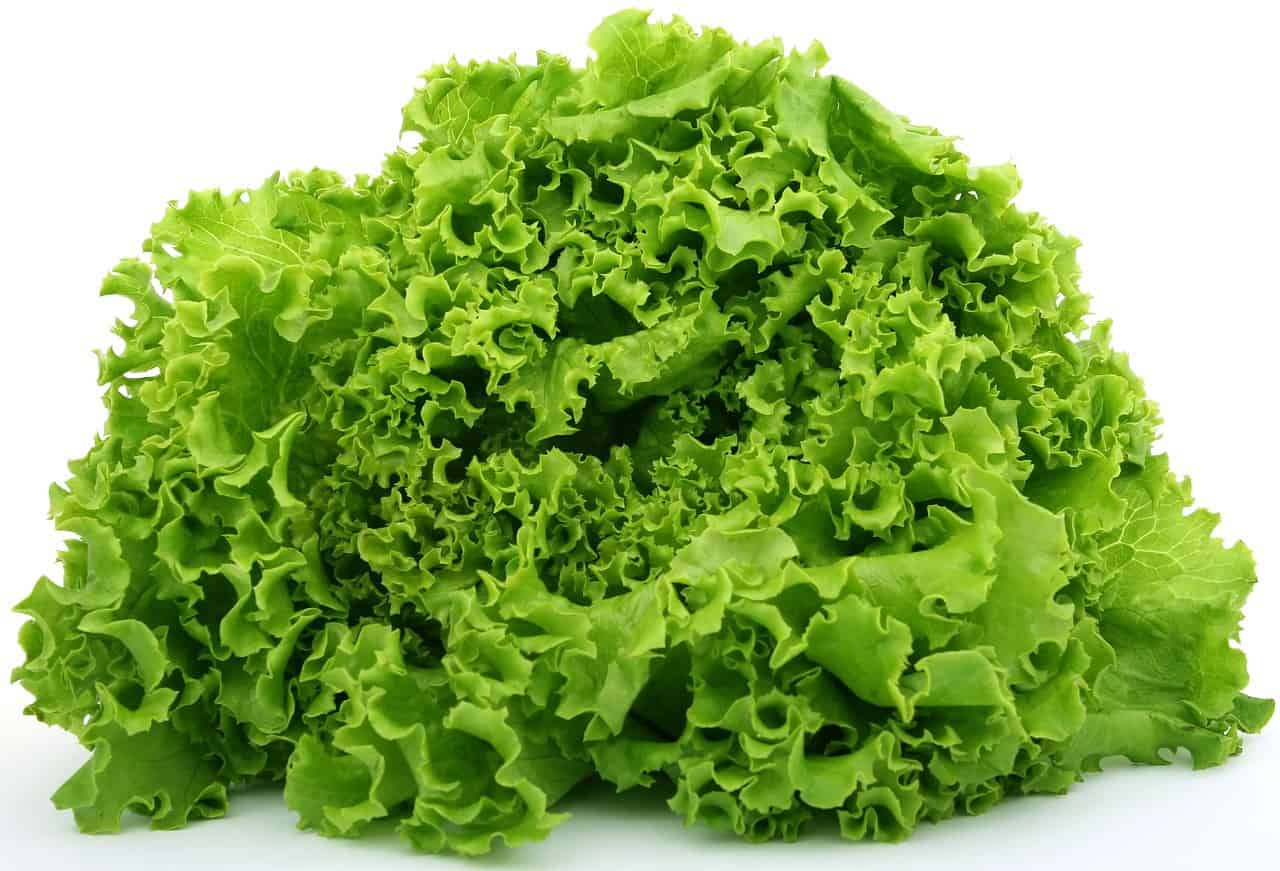
Lettuce is packed with valuable nutrients that could be beneficial to your cat when added to its diet. Good news is that lettuce is not toxic to cats and it has good amounts of Vitamin A. Vitamin A is essential for your cats’ health and wellbeing, however too much Vitamin A can be toxic to cats. So, yes lettuce is good for cats but only in small amounts.
Think of it like feeding a baby, you will not give your baby hand full of lettuce but maybe a small leaf to nibble on, the same rule applies to your cat. Lettuce contains a lot more dietary fiber than you would think so it also aids in digestion, too much of it will have a laxative effect on your cat and will find it spending most of the day in the litter box.
Can cats eat chicken?
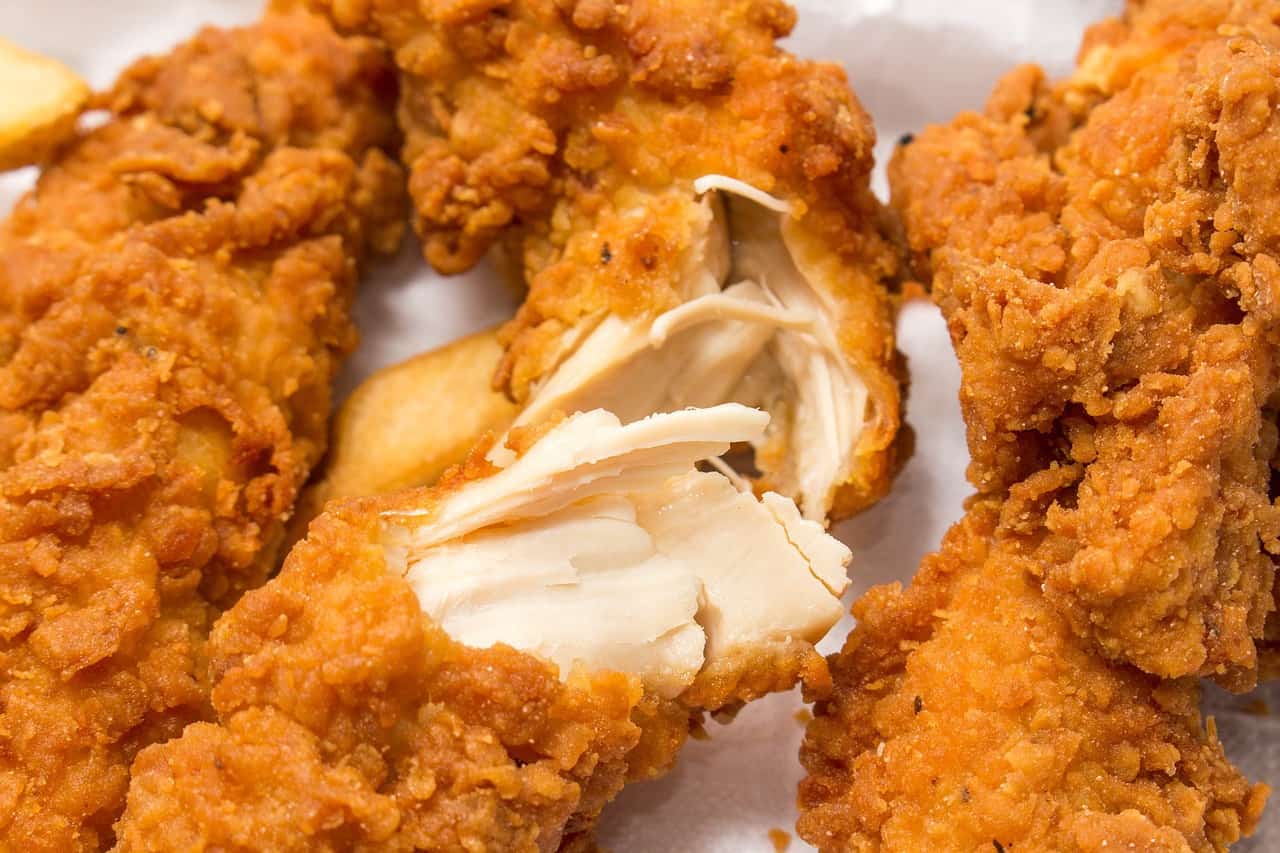
Chicken is found in many types of cat food and is perfectly safe for your cat to eat. Cats are carnivores, so any type of meat is exactly what they are after. When feeding your cat chicken, you must make sure that it is very well cooked, and you should never, ever give your cat raw chicken to eat. Raw chicken can contain bacteria that could harm your cat. When cooking the chicken for the cat it is best to simply boil it without adding any salt or spices as salt and spice are not good for your cat.
While you may think you are doing them a favor by adding spices, you are actually doing them harm. Cats prefer the natural flavor of chicken and other meats. The meat should also be removed from the bones as the bones pose a serious danger to your cat. The occasional bone may not harm your cat, but a cooked bone can splinter easily and could puncture your cat’s digestive tract.
The skin of the chicken must also be removed as not only can it be a choking hazard it is very high in fats and too much fat is not good for your cat. While on the topic of chicken you should never feed your cat chicken broth that you have not personally made. Broth often contains onions and garlic and other vegetables and seasonings that are extremely dangerous to cats. On the other hand, though chicken eggs are a good source of protein and vitamin B, eggs are often added to and found in many cat foods. Do not feed your cat raw egg and make sure that it is well cooked.
Can cats eat raspberries?
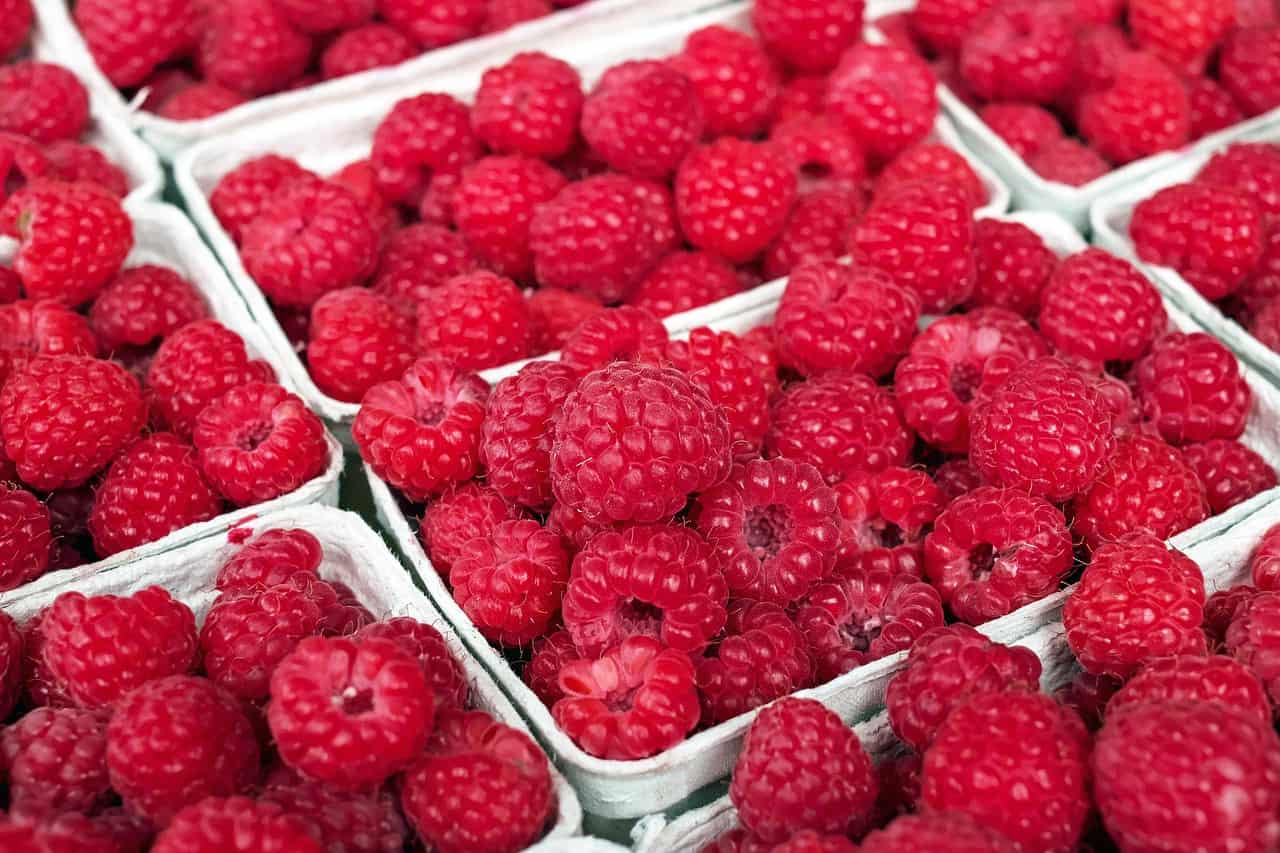
A few raspberries every now and then will not harm your cat in any way, however, too many could irritate your cat’s stomach. A cat should not eat more than 1-2 raspberries per week. Raspberries contain a variety of nutrients, such as vitamin A, C and K, and magnesium, potassium, calcium, manganese, dietary fiber, that are important to have in your cat’s diet. They also contain good amounts of phenolic compounds and antioxidants. Therefore, 1-2 raspberries per week can help your cat’s digestive processes, makes them more immune to chronic disease, and provides overall metabolic and cardiovascular health.
Eating too many raspberries can result in side effects such as problems with kidneys, gastrointestinal pain, and dehydration. If your cat has particularly smelly feces it is a sign that it is eating too many raspberries or too much of any fruit or vegetable and you should cut down on these types of foods.
Conclusion
Cats are carnivores and therefore should eat more meat in their diet with moderated amounts of fruits and vegetables, also you cannot feed your cat just any type of fruit and vegetable and you should familiarize yourself with which are safe, and which are not. Just because you may think that certain foods are good or tasty for cats it may not actually be so.
Natural foods which include fresh raw meat such as pieces of raw lamb and raw pork are very good for your cat to eat. When it comes to feeding your cat meat in any form it should always be fresh. Bad or off meat can be extremely dangerous to your cats’ health and should not be fed to your cat under any circumstances.
To gauge if the meat is still good to feed to your cat, ask yourself the question would you eat it? If you would still eat it then it is probably still good for your cat to eat, however, if you wouldn’t eat it then you definitely should not be feeding it to your cat. Don’t cut corners when it comes to the quality of meat that you are feeding your cat ad always try and avoid bones and excess fat. Bones pose a danger of choking and splintering can harm the digestive tract. Also, avoid processed meats such as ham and sausages as they contain high amounts of sulfite preservatives that could harm your cat.
Certain foods should be avoided and should never be given to your cat, here is a list of a few of them, however, there are many other foods that you need to look out for. Foods such as onions, garlic, grapes and raisins, avocados, tomatoes, corn, any fruit seeds, coffee or caffeine and chocolate are extremely dangerous and toxic to cats.
Below is a short video about the top 15 foods that can be toxic to your cats and dogs, and should be avoided:
The number of times that you should be feeding your cat and the portion sizes they need will depend on a few factors and will differ slightly from cat to cat. Age is probably one of the biggest factors and kittens need to be fed at least three times a day while twice a day is sufficient for adult cats. The size and breed of your cat will also be a factor when it comes to portion sizes. Resist the urge to give your cat over-sized portions as that could lead to obesity and diabetes which could be fatal for cats.
Cats are not particularly fussy eaters and will most likely try any food that you offer them, remember to pay attention to what you are feeding your cat, especially when it comes to treats and snacks. Treats and snacks should only be given in moderation and remember always that just because your cat likes a certain food does not mean that they should be eating it on a regular basis.